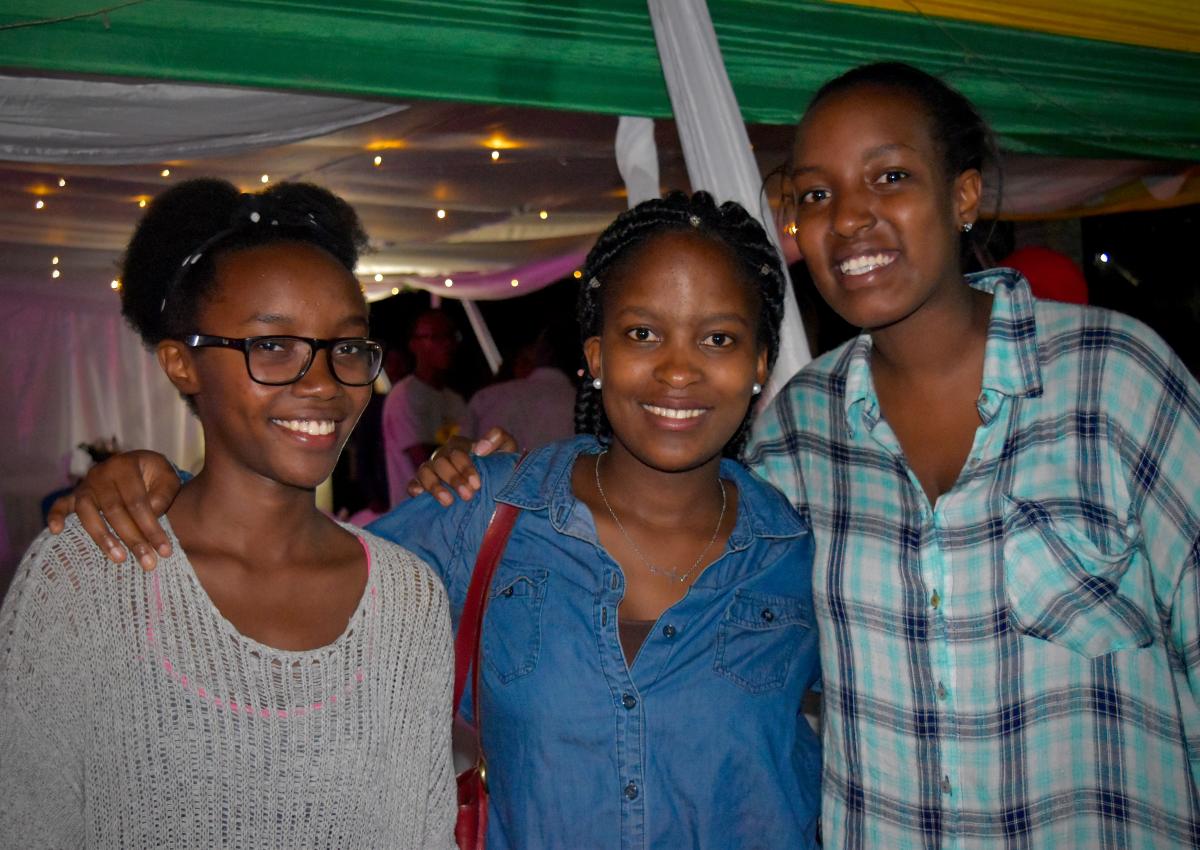
Last month 90 B2R students travelled to Gisenyi for B2R’s Annual Alumni Retreat. The weekend was packed with several different speakers, including Stephen Kinzer, author of “A Thousand Hills;” Pastor Antoine Rutayirsire; Lucy Mbabazi, country director for Visa in Rwanda; and Jean Paul, country director for the Clinton Development Initiative.
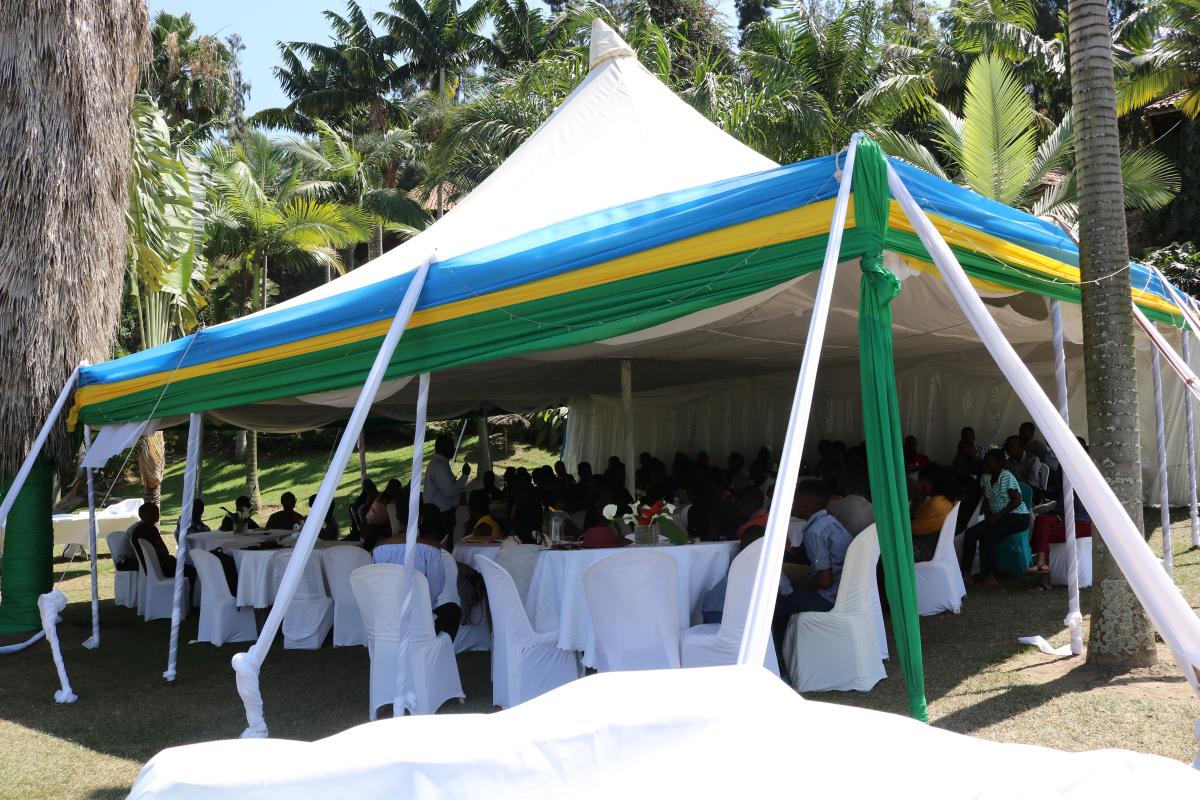
The theme of the retreat was “Think Big and don’t let fear take the last word.” Each speaker highlighted different aspects of this idea, discussing a variety of topics such as servant leadership, the dangers of entitlement, and living and working in a secular world.
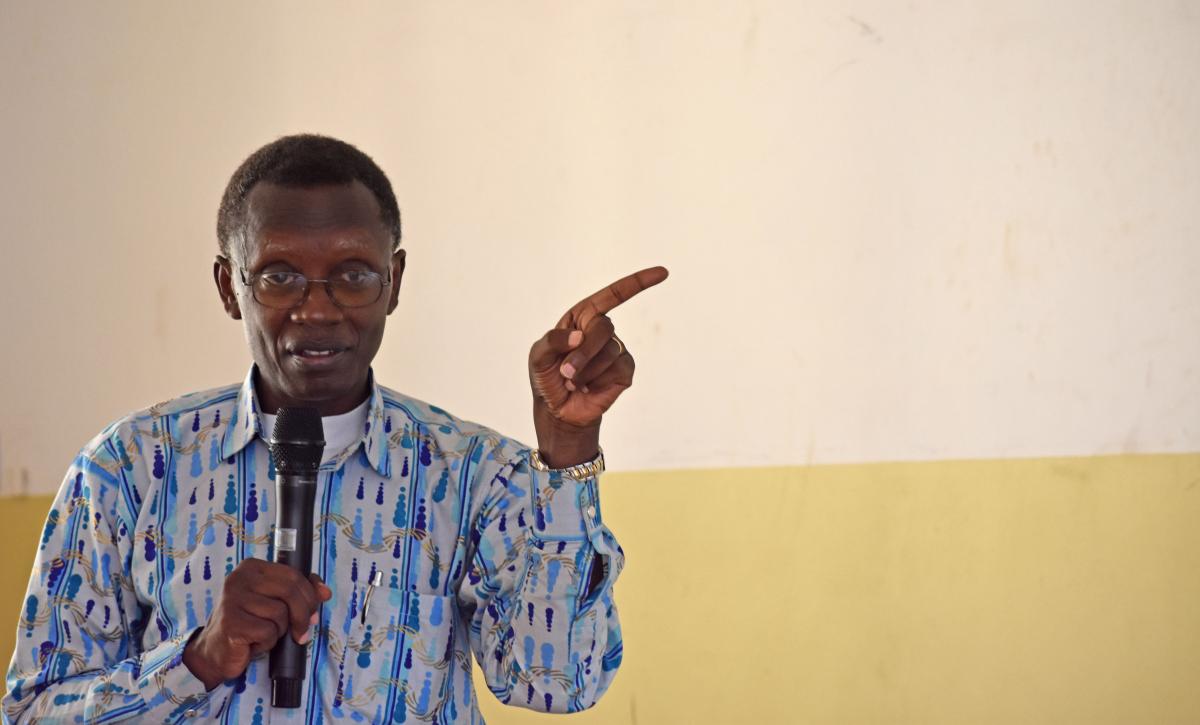
“We hope that the speakers will give the Scholars a different point of view, opinion and advice and that it will be well received because these are people they want to emulate,” Career Development Advisor and Class 1 Scholar, Nancy Ndekwe, said. “They are people who are role models and mentors to the Scholars, which makes it easier for them interact and talk to them on a personal level.”
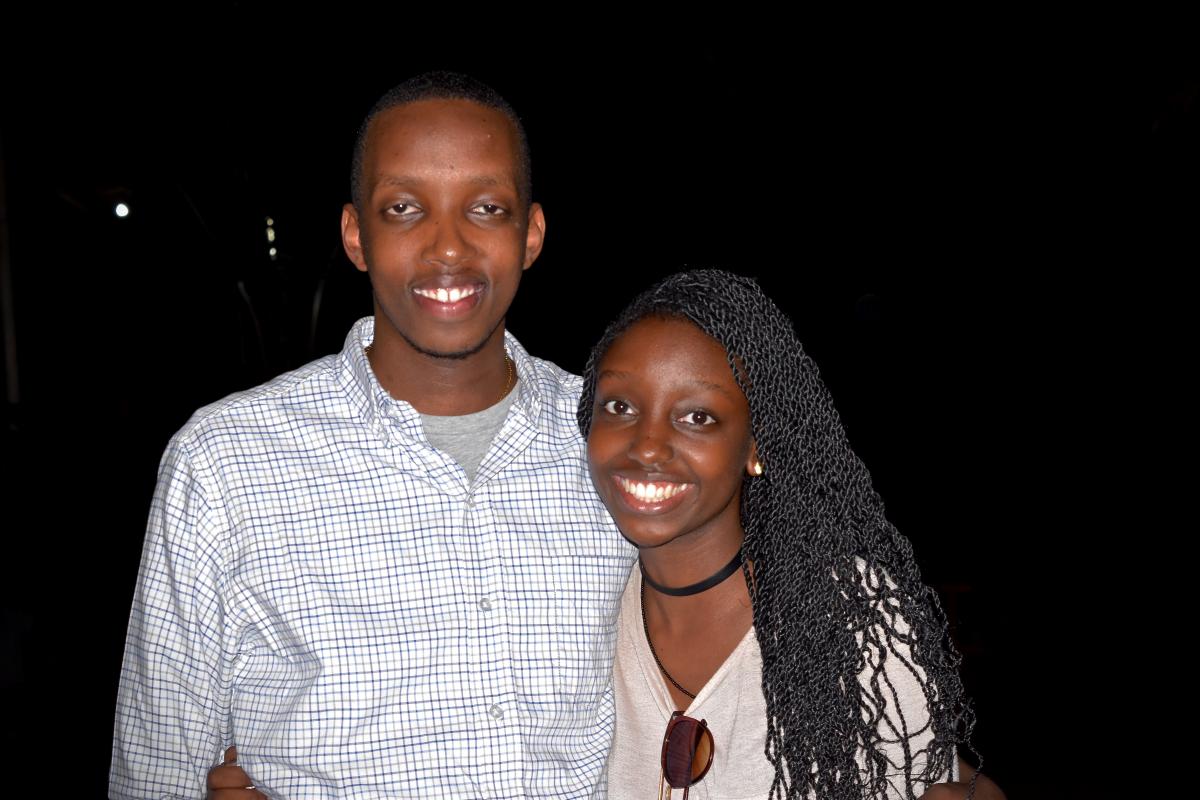
In addition, the retreat also provides students with an opportunity to reunite with friends and meet other B2R Scholars from various classes.
“My favorite part of the retreat was listening to the speakers, all of them, and getting to know their value system, experience, and wisdom.” Group 3 Scholar, Bright Ntambara said. “I also thoroughly enjoyed spending time with my friends from Group 3 and the rest of the Scholars. It was especially valuable getting to know the Scholars from other groups on a personal level.”
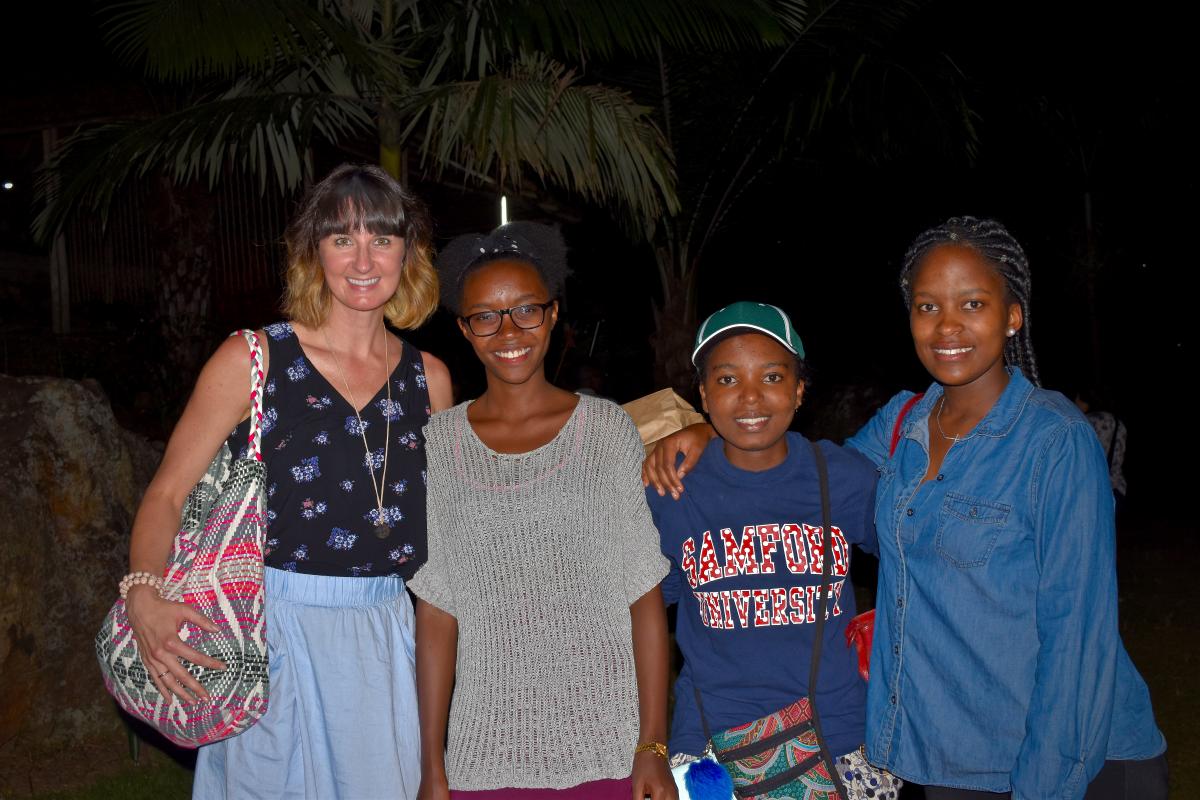
After completing her freshman year at Samford University in Birmingham, Class 5 Scholar Joyeuse Yvette Senga has returned home for a summer internship at the University of Global Health Equity in Kigali.
As a health care administration and public health major, Joyeuse is working alongside UGHE’s academic team to help improve the university’s curriculum and find new ways to engage and involve students in the classroom.

“It’s a humbling experience for me because I am working with a lot of professionals,” Joyeuse said. “There are four interns total and the other three are all going into their senior year, so there is a big gap. My first day I thought, ‘How will I manage?’’ But I think being a Brideg2Rwanda Scholar has helped me acknowledge that I’m not only contributing, I’m also learning. I think that by the time I go back [to school] I will leave with more knowledge than my peers because I will have learned a lot from them.“
Joyeuse is currently working to develop new curriculum for the UGHE Master’s program, which will help students tackle a variety of controversial issues that come up within the healthcare sector. One of the challenges Joyeuse and the academic team face is overcoming Rwanda’s reserved classroom culture, which often prevents Rwandan students from actively engaging in controversial discussions and challenging others’ opinions.
Having gone through the B2R program, Joyeuse finds she has a unique perspective and helpful insights that set her apart from her peers.
“Going into the B2R gap-year, we weren’t used to raising our hand and discussing controversial issues or opposing someone’s views and I think that’s something that many of the students in the Master’s program might be facing. It’s a cultural thing where we are used to being more reserved and not being able to raise our hand and tell the professor, ‘I don’t think you’re right, but I think I can add something…’” she explained. “I think being at Bridge2Rwanda and learning [to engage others and have my own opinion] has helped me to think critically and have a different perspective in this internship.”
Through the summer internships, B2R hopes to not only provide the Scholars with professional experience, but also to show them practical ways they can use their skills and passions to develop their home country.
“When you’re in the gap-year program you of course have the idea that you will come back, but you don’t actually know what that will look like,” Joyeuse said. “I think it’s very important for students to come back to Rwanda, first of all, to see how much our country has progressed and then to figure out how we can contribute to that progress.”
“Coming back not only reminds you of home, but it also helps you acknowledge the fact that when you are gone there are people here who are doing something. The development doesn’t stop. There are still people here working hard. I think it’s a good reminder to see where your country is – your culture, your values, and what defines you as a person.”
Congratulations to our Group 6 Scholars, who celebrated their commencement last month! We are excited to see what their futures hold in college, where their career paths take them, and the eventual impact they will have on their home countries.
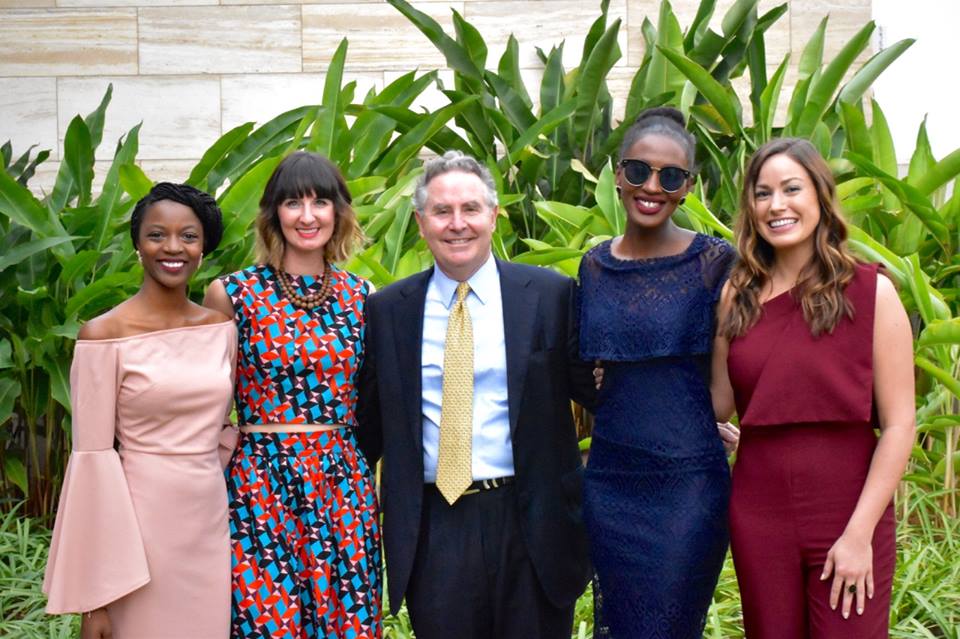
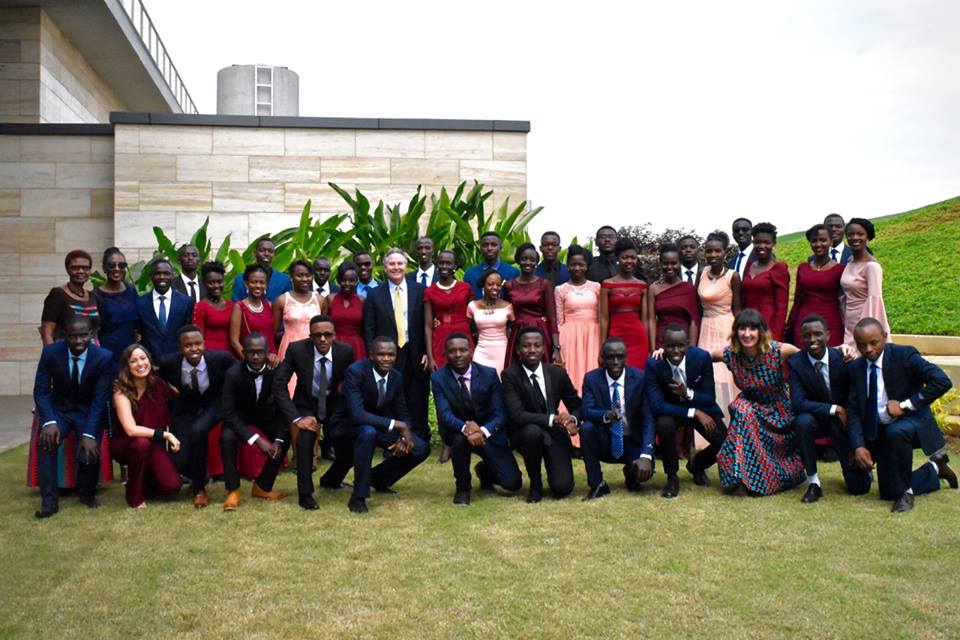
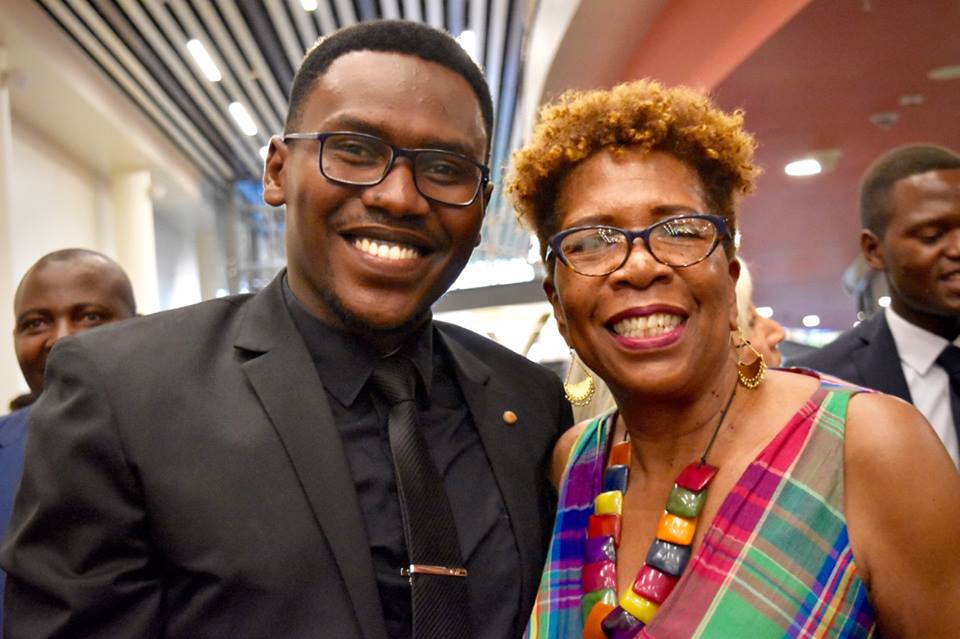
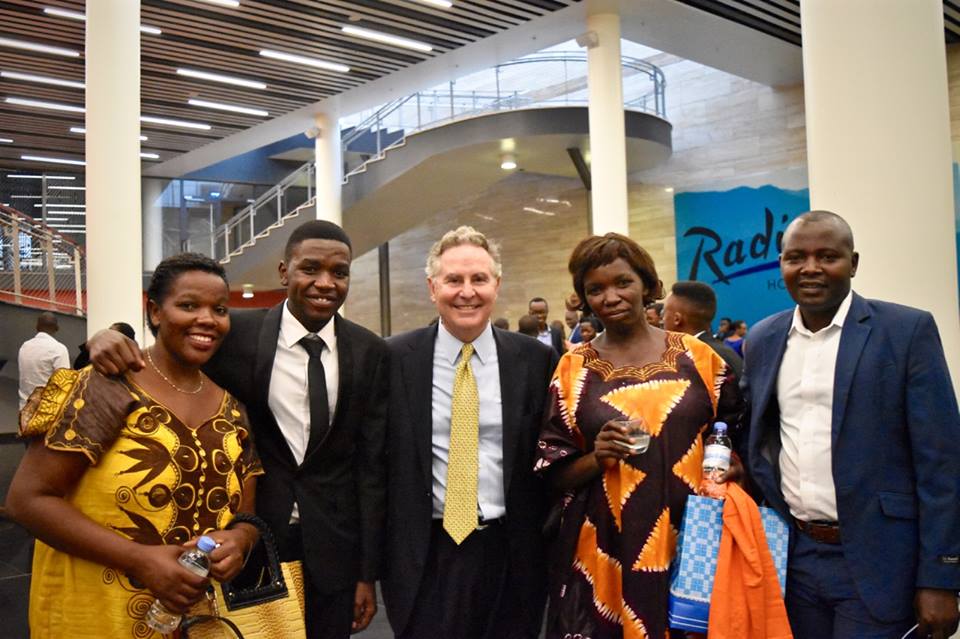
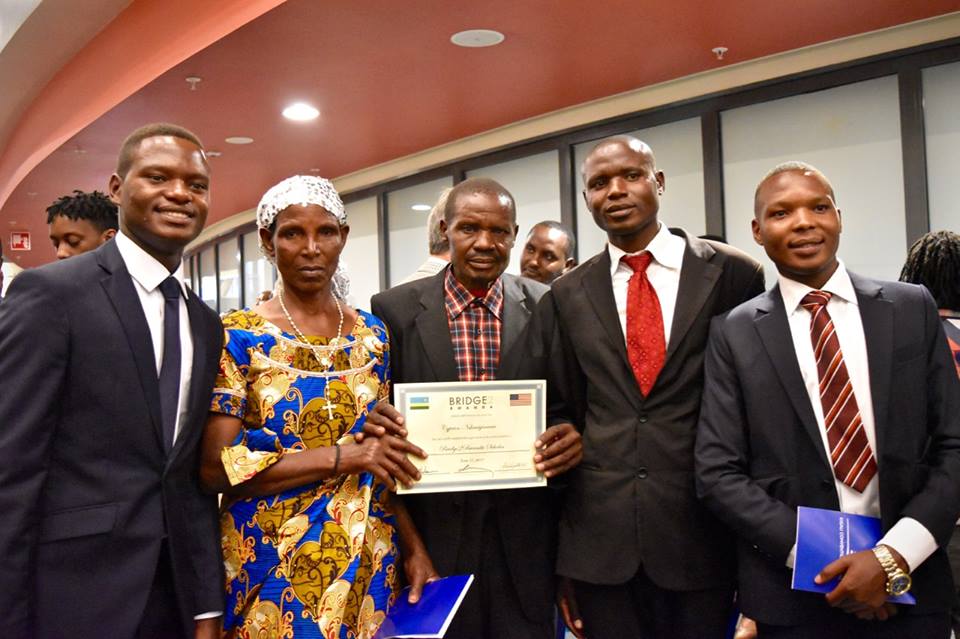
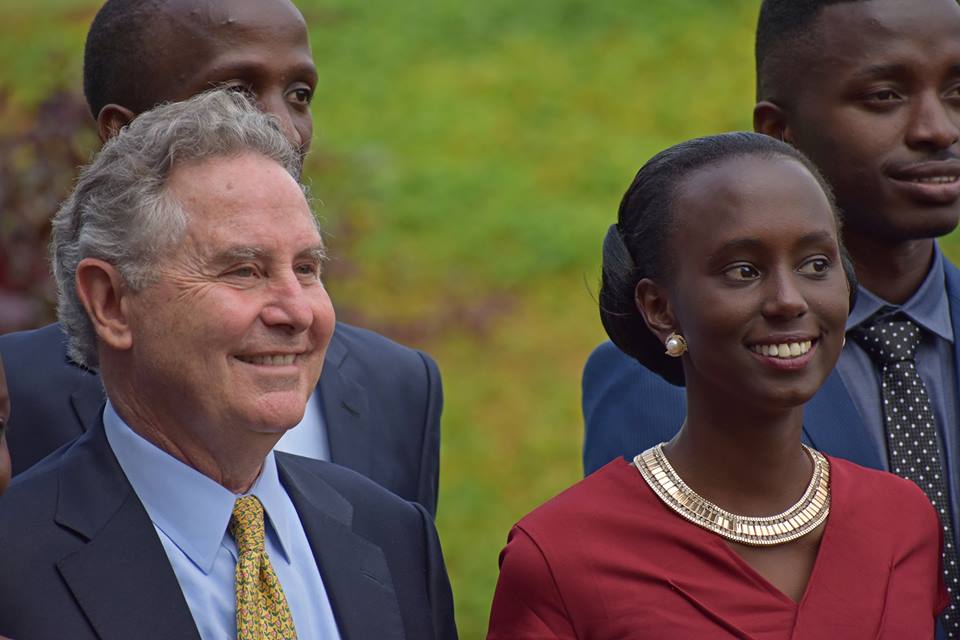
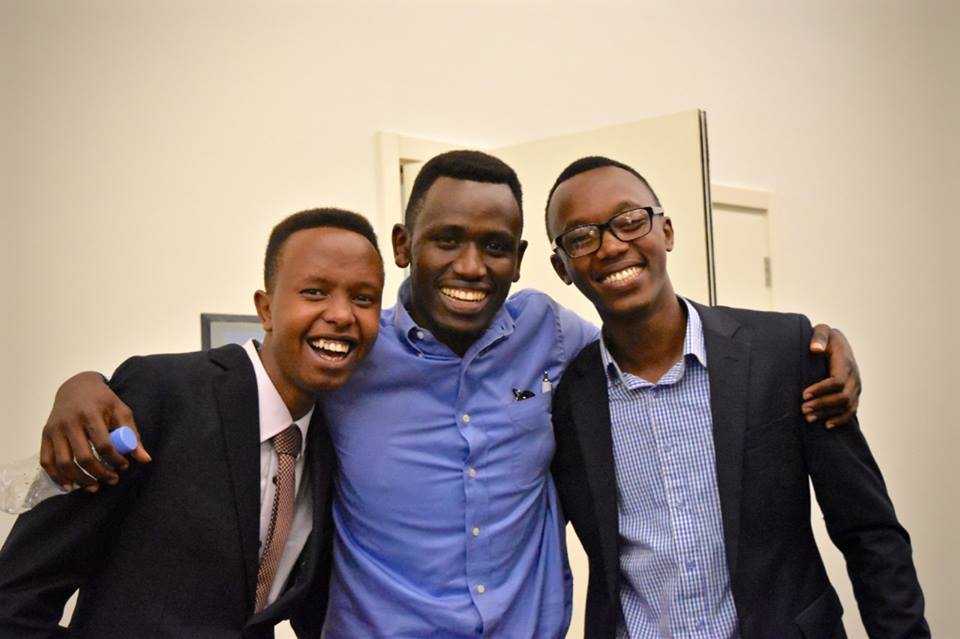
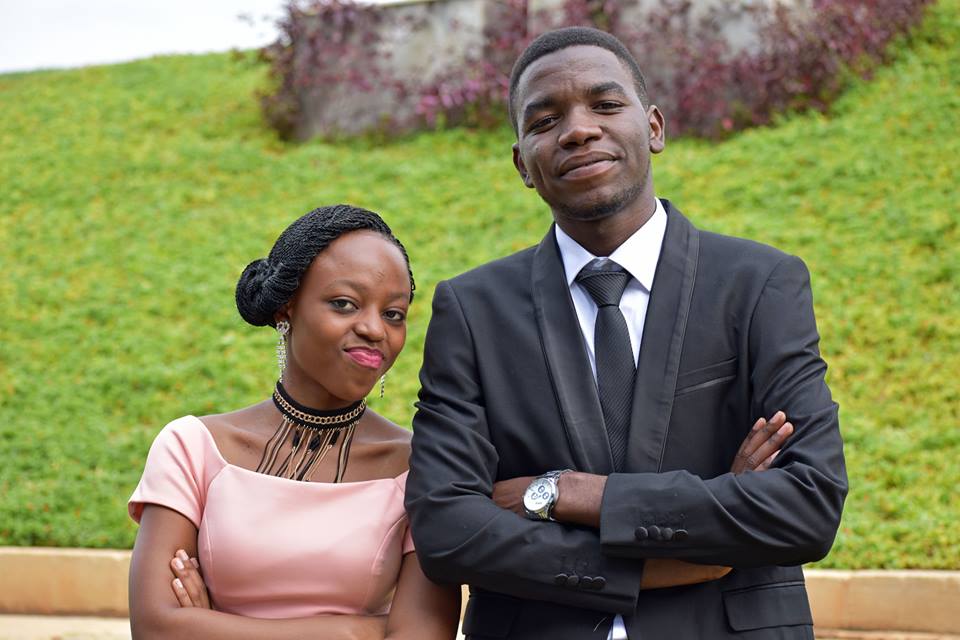
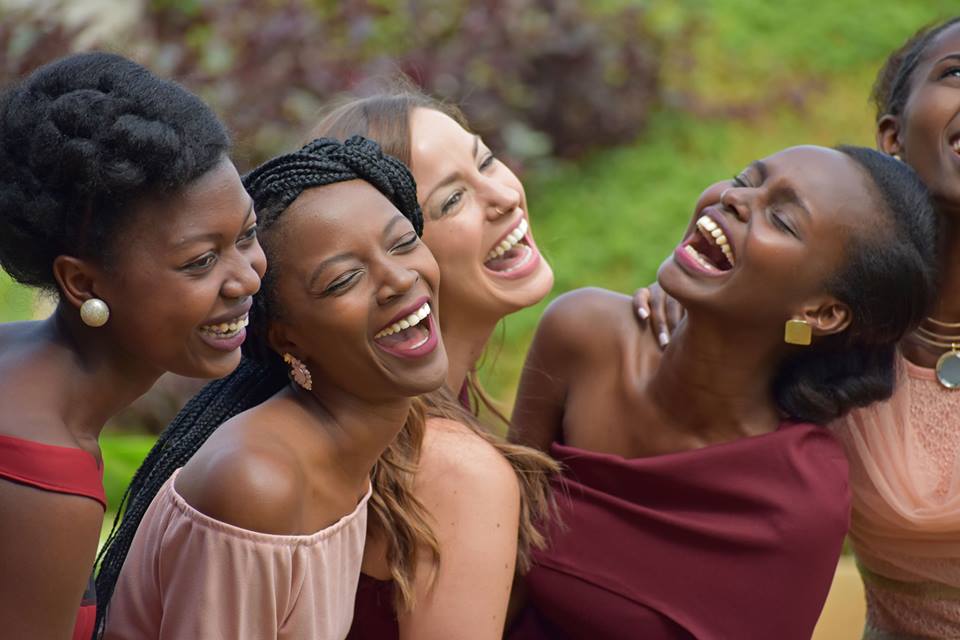
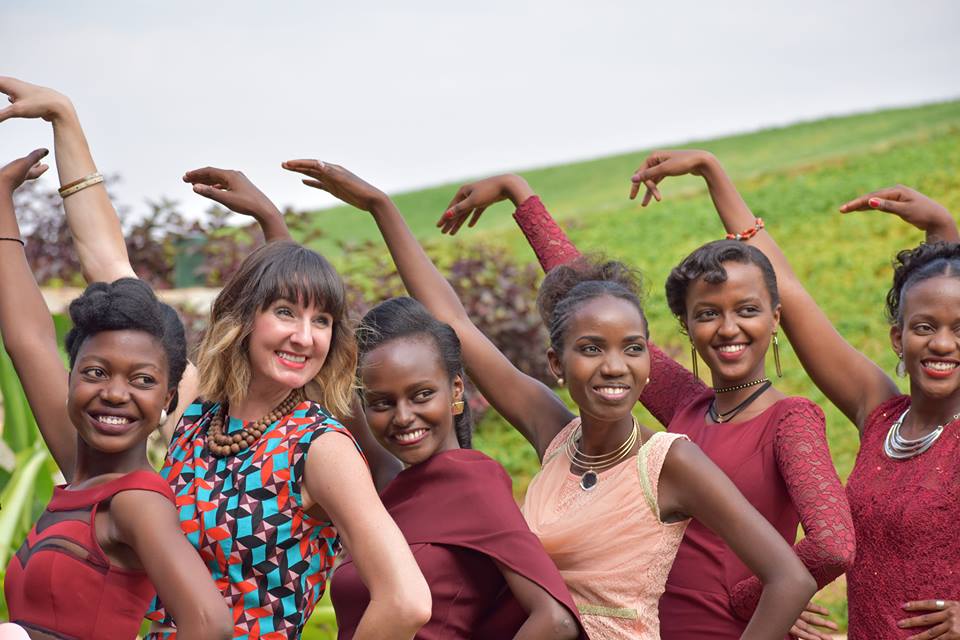
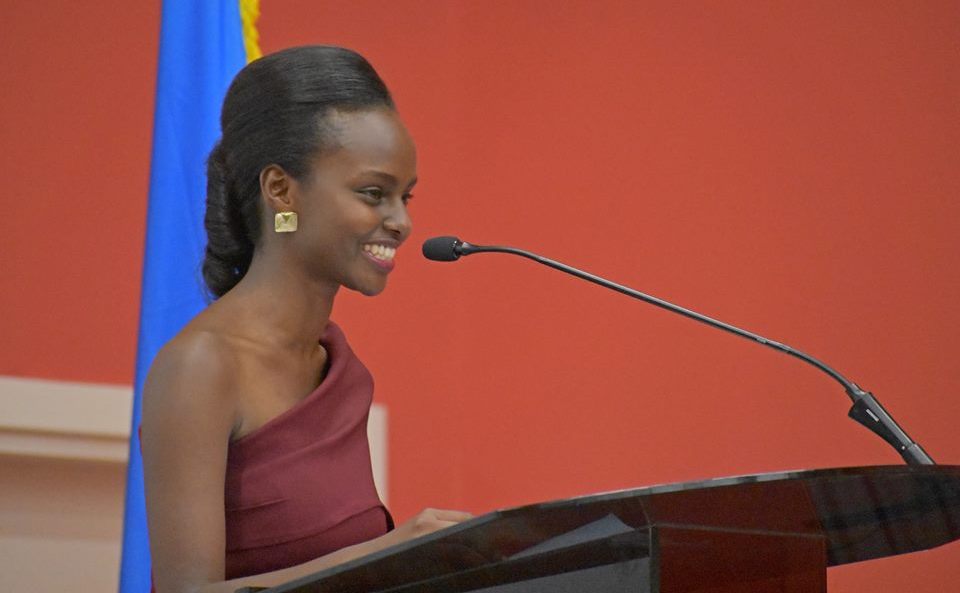
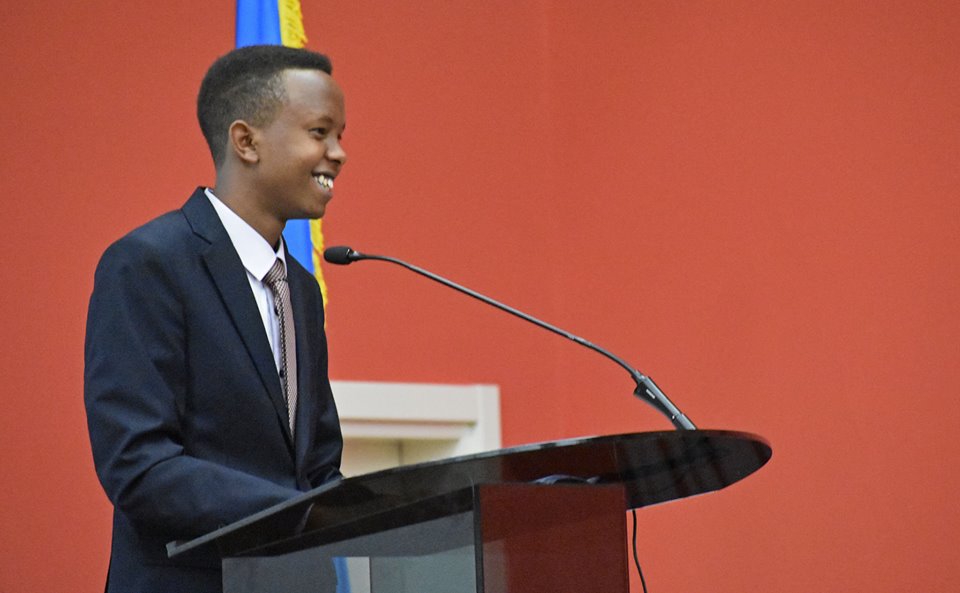
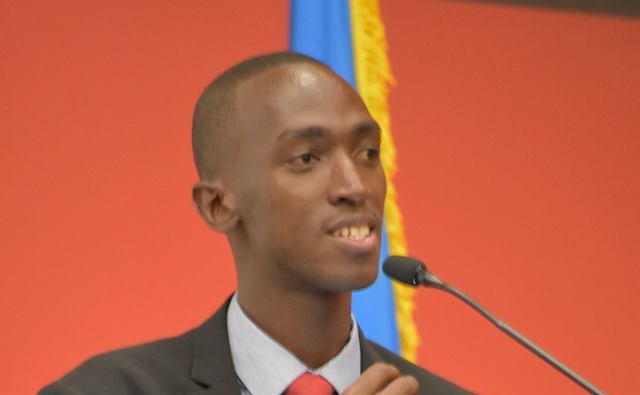
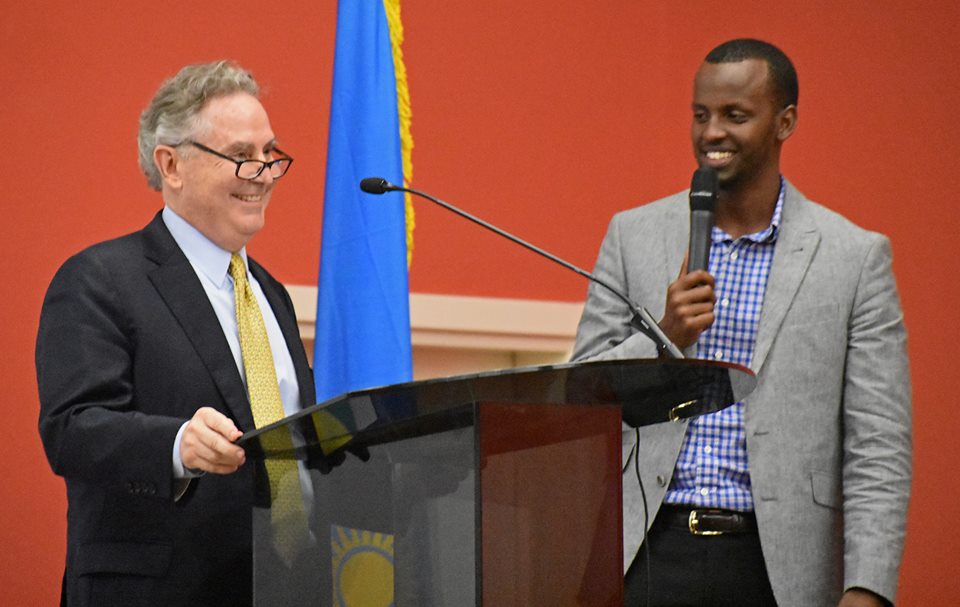
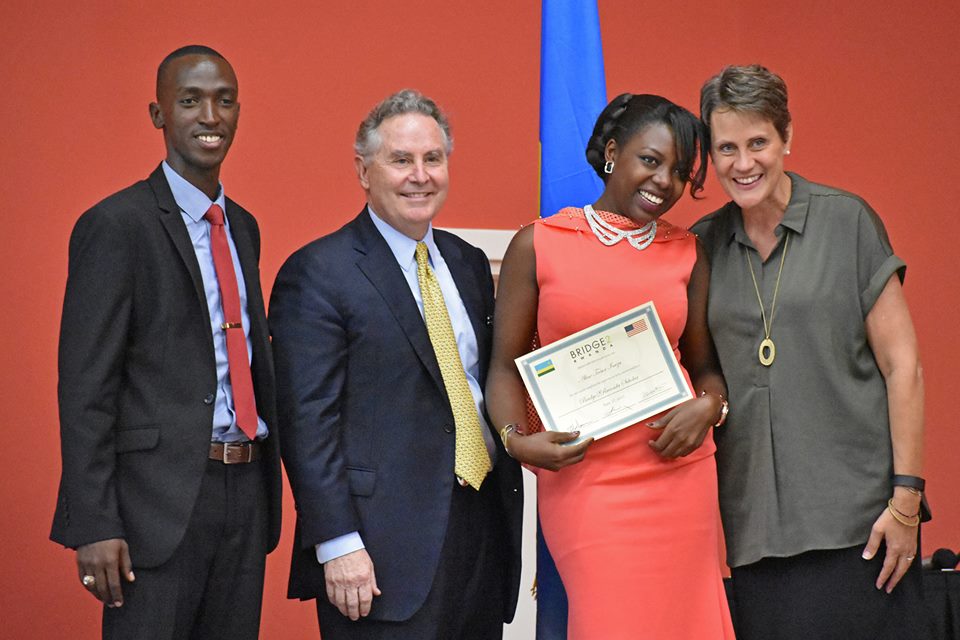
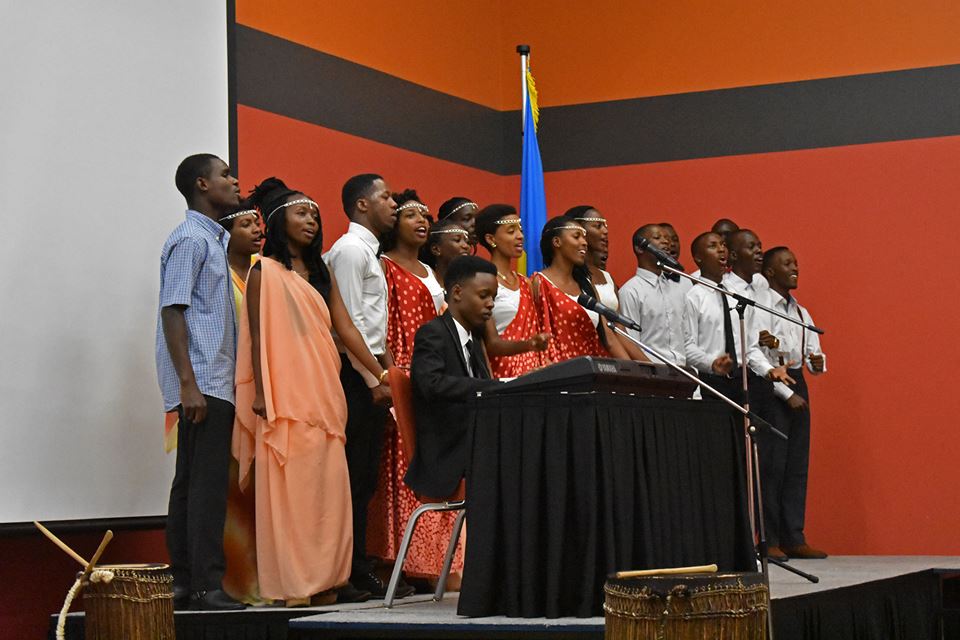
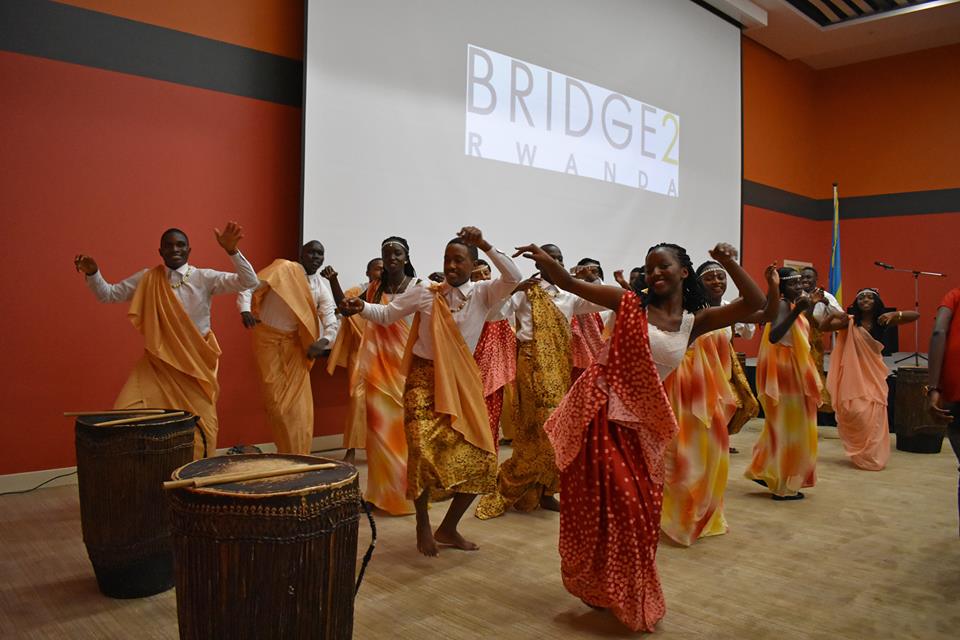
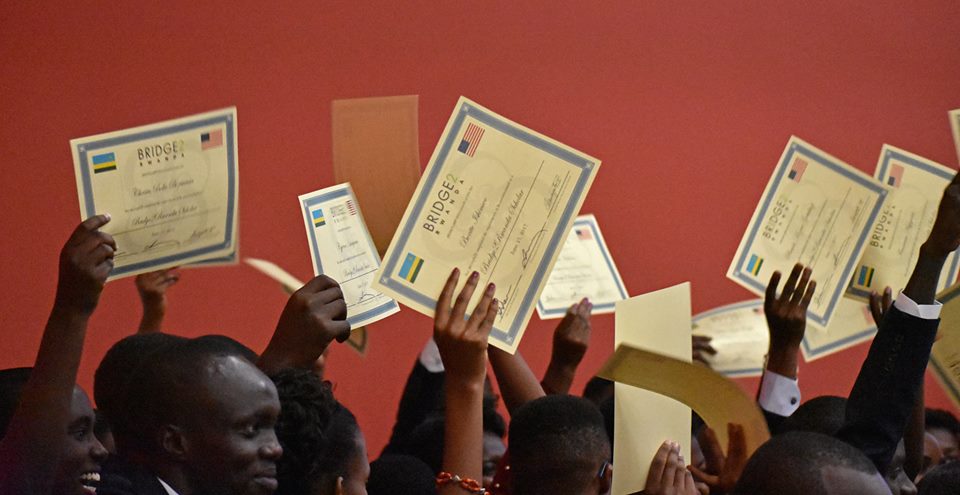
Over 300 friends and family gathered at Kigali’s Convention Center on Saturday, June 17, to celebrate the commencement of 40 Bridge2Rwanda Group 6 Scholars. The ceremony included speeches from Founder Dale Dawson, B2R Alum and Rwanda Air Force Lieutenant Jackson Karama, and Group 6 Scholars Pamela Uwase Sebeza and Thierry Uwase.
Having completed B2R’s 16-month Leadership Academy, these students will attend various universities across the United States this fall, including: Dartmouth, Stanford, University of Pennsylvania, Princeton, Notre Dame, and more.
“I’m looking forward to getting to know people from different cultures,” said Edward Kamuhanda, who plans to study engineering at Dartmouth University. “For all my life I’ve been living in Rwanda, so it is like I’ve been living in a small bubble and now it’s the right time for me to get out of the bubble and get to know different peoples, societies and cultures.”
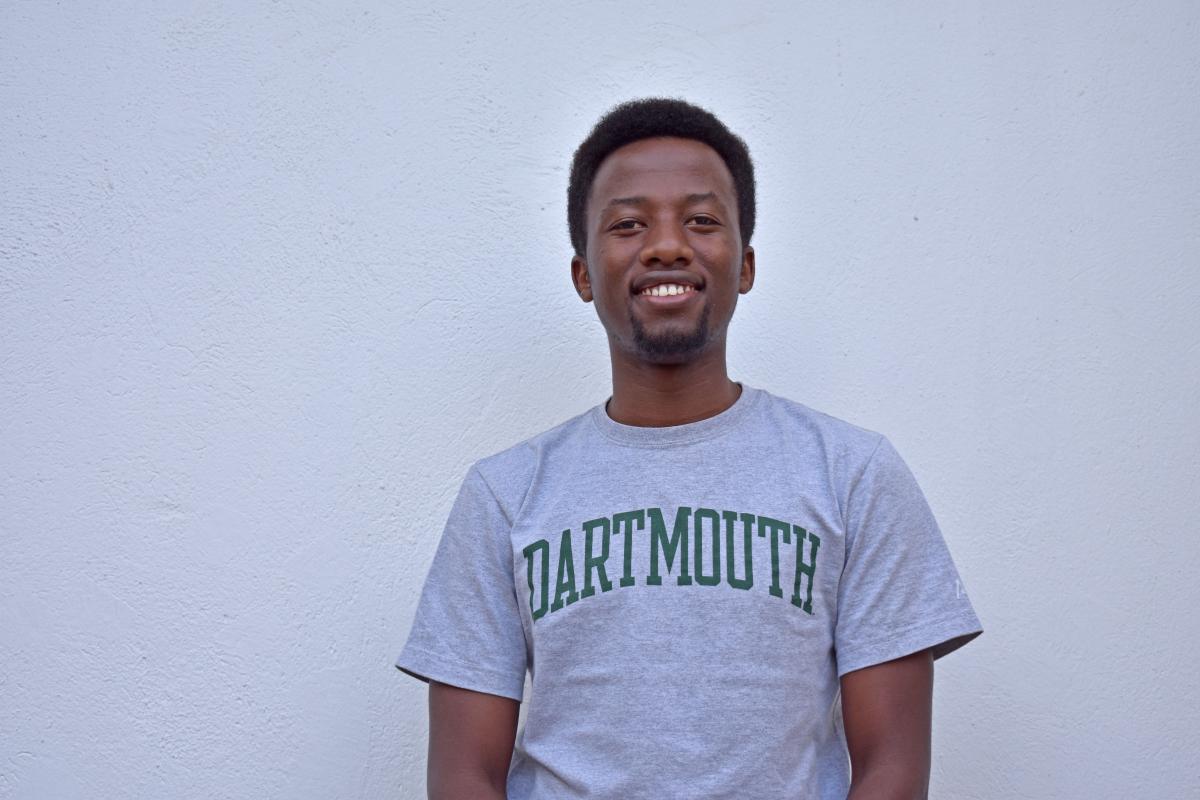
“I’m just looking forward to going to a U.S. college,” said Jeanne “Lyse” Mugeni, who will attend the University of Rochester. “In [Rwandan] schools, almost every university student is Rwandan. In the U.S. I will find so many different people and experiences. It will be so great!”
As this season of entrance exams, college applications, and the eager expectation of acceptance letters comes to an end, Group 6 Scholars reflected on the impact of this past year and their hopes for the future.
“Some things I have taken for granted, like a girl getting an education and having a voice for example. A boy can go through school and want to change the world and everything, but a girl who goes to school knows she has to help other girls go through school as well. We have to empower each other. I now get to empower those who haven’t gotten the opportunity I have,” said Charity Agasaro, who will study Global Health at Duke University.
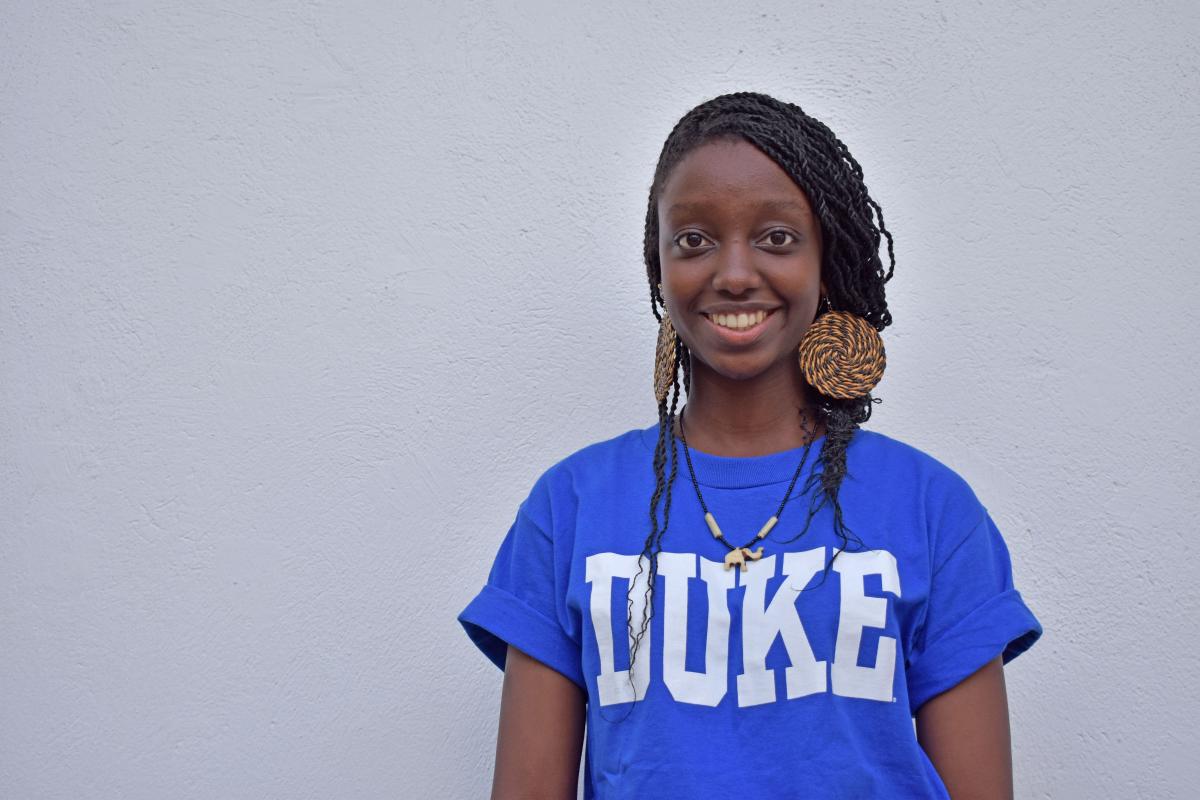
“My country [South Sudan] is in turmoil right now, and I believe if I make connections with people [in the U.S] and bring my people home we will be able to help build schools and hospitals and things like that. I grew up working on engines and generators and motor bikes, but I’ve realized that it’s much simpler to repair an engine compared to repairing a society,” said John Maker “Martin” Leets, who plans to pursue a degree in political science at the University of Pennsylvania. “I want to read more about great leaders like Abraham Lincoln and Nelson Mandela and the kind of leadership they had and how they did what they did.”
“Before B2R I thought of poverty as a failure of personal responsibility, but from what I learned in B2R this past year, I’ve learned that poverty is a failure of the community or society where somebody grows up. I’ve learned this year that my life has purpose and that that purpose is to give chances to others and destroy these social injustice,” said Fabrice Bigabiro Mpogazi, attending Tufts University with an interest in computer science. “The most important point that I will remember, even when I go to the U.S., is that with B2R I was given a chance and a reason to be ambitious and to dream. That’s also my mission—to give someone else a reason to dream, a reason to do whatever it is to succeed in their life.
Check out a complete list of where our 40 talented Scholars will be studying this fall below:
Congratulations to our Group 2 Scholars, who are graduating this month! We are thrilled to welcome you back to Rwanda and witness the impact that your service and leadership will have for years to come.
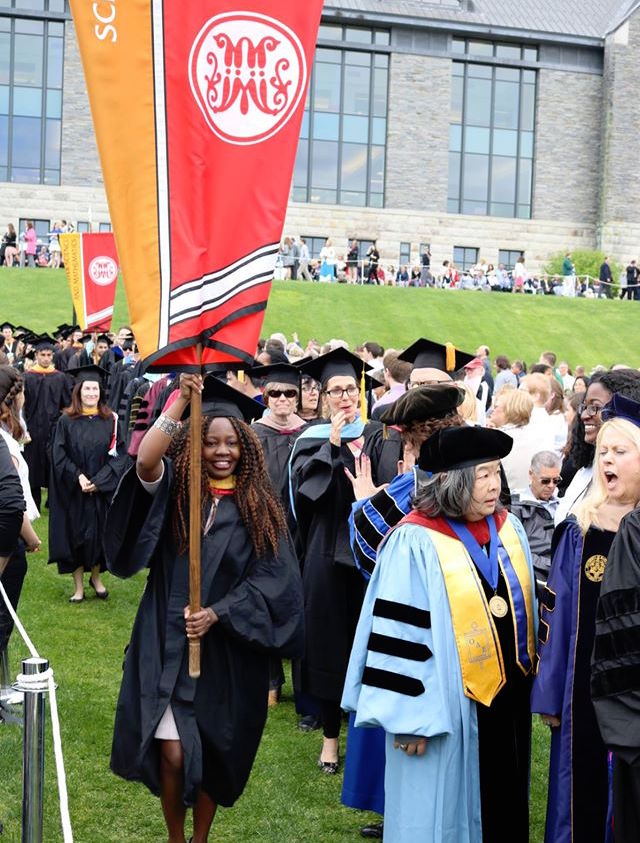
Ange, Marist College
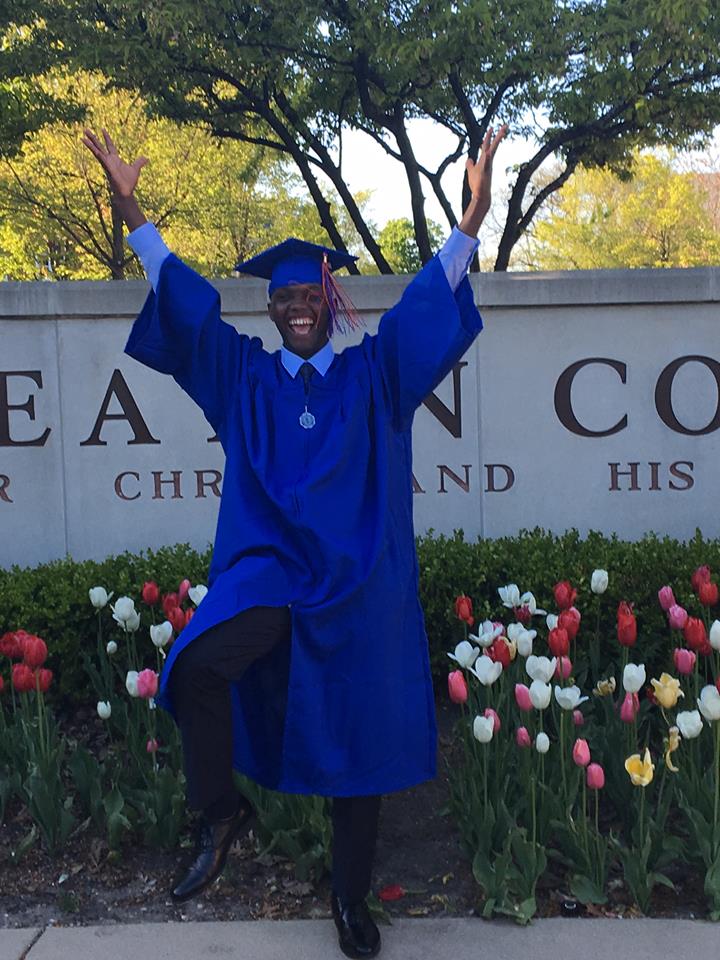
Richard, Wheaton College
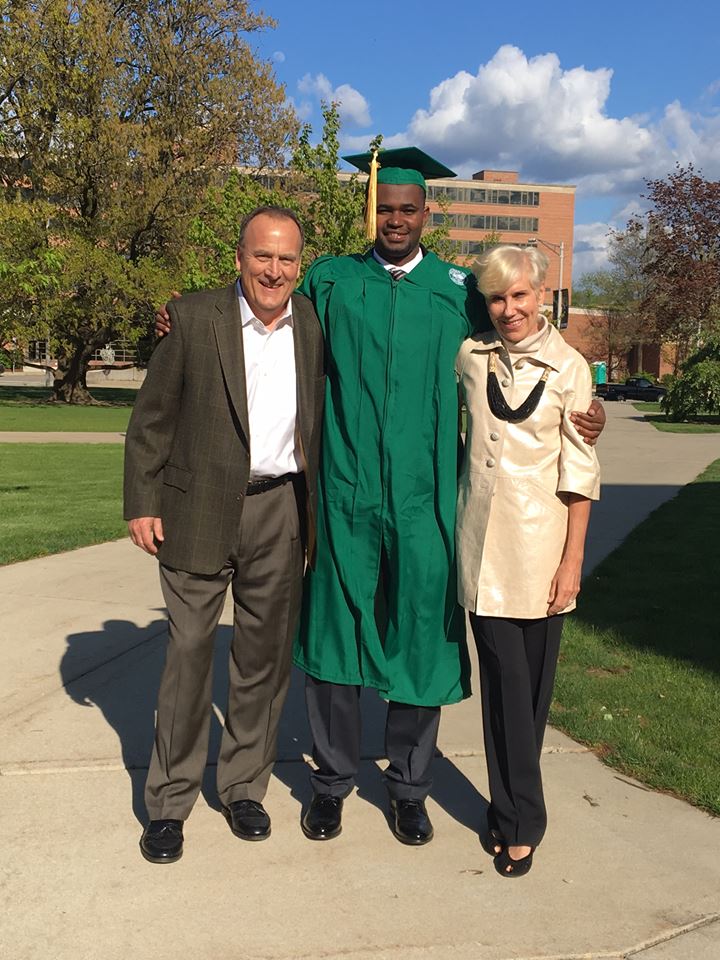
Vincent, Michigan State University
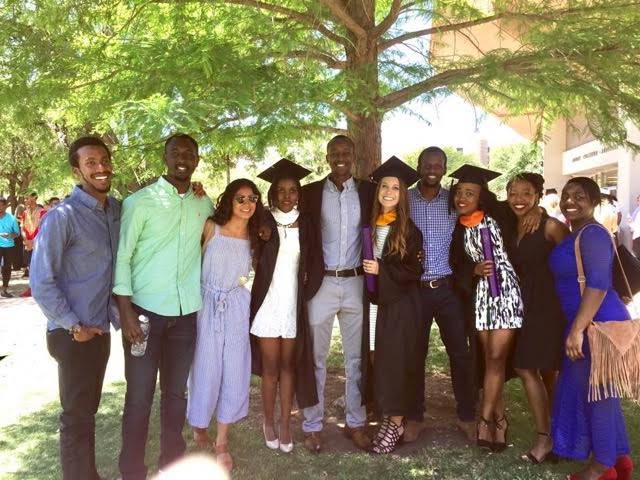
Sonia and Solange, Abilene Christian University
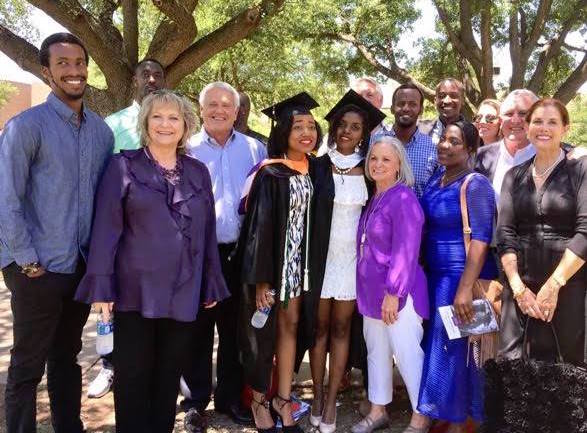
Sonia and Solange, Abilene Christian University
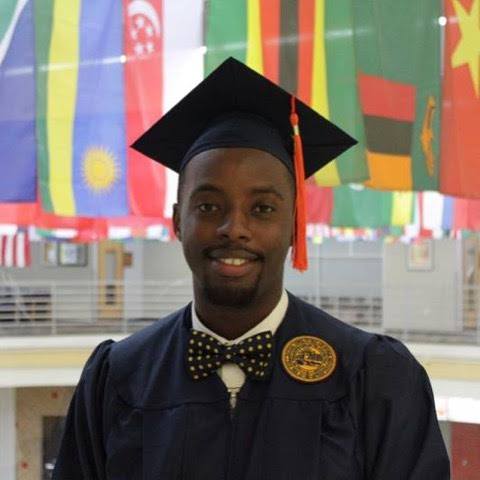
Patrick, West Virginia University
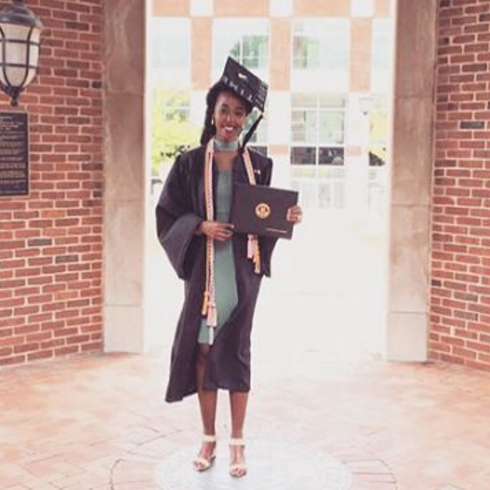
Cynthia, Birmingham-Southern College
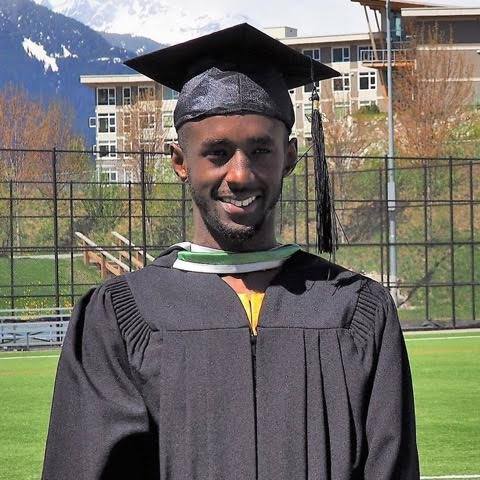
Carlos, Quest University Canada
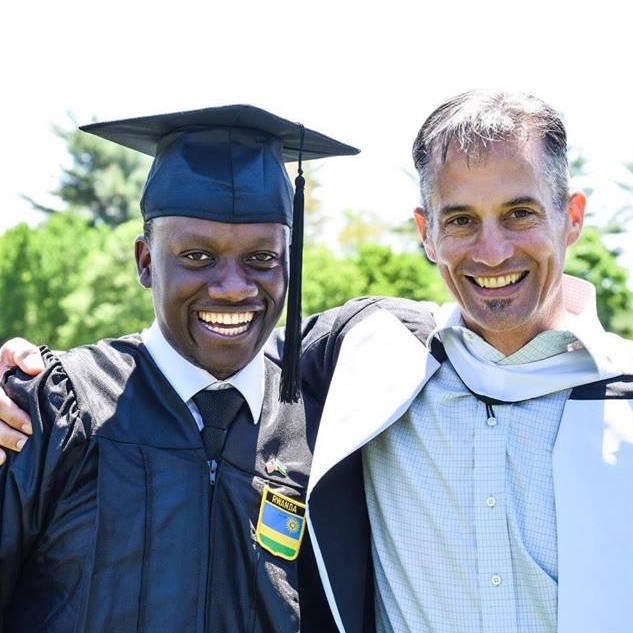
Danny, Gordon College
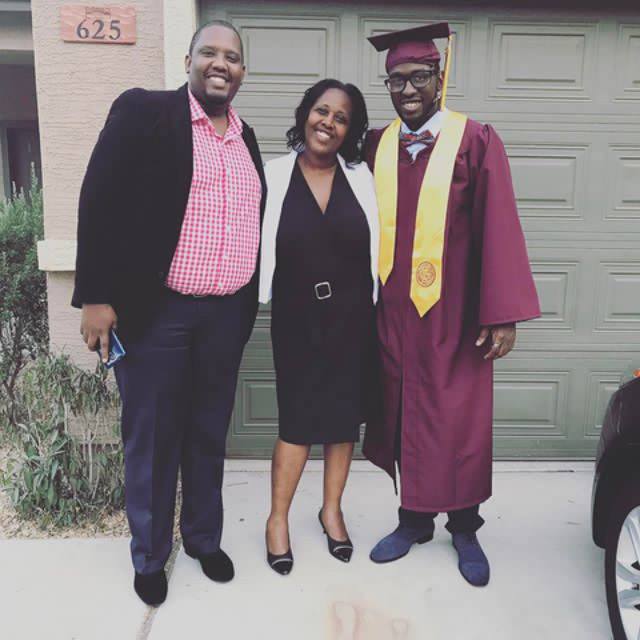
Emmanuel, Arizona State University
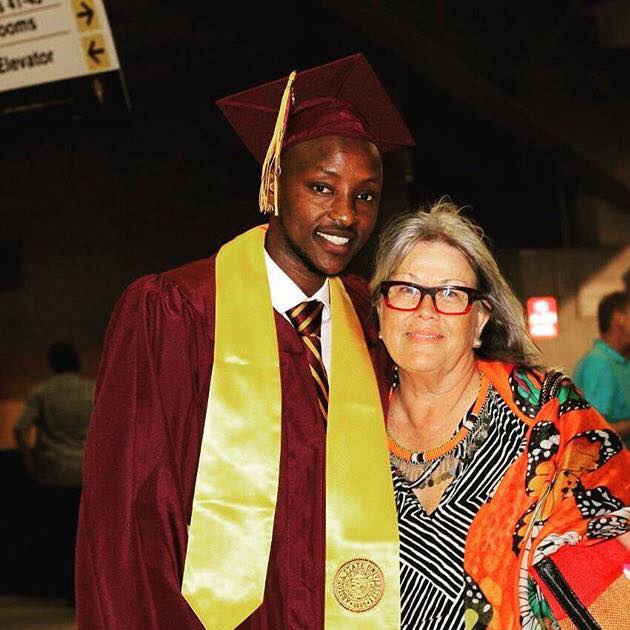
Wilson, Arizona State University

Dickson, University of Rochester
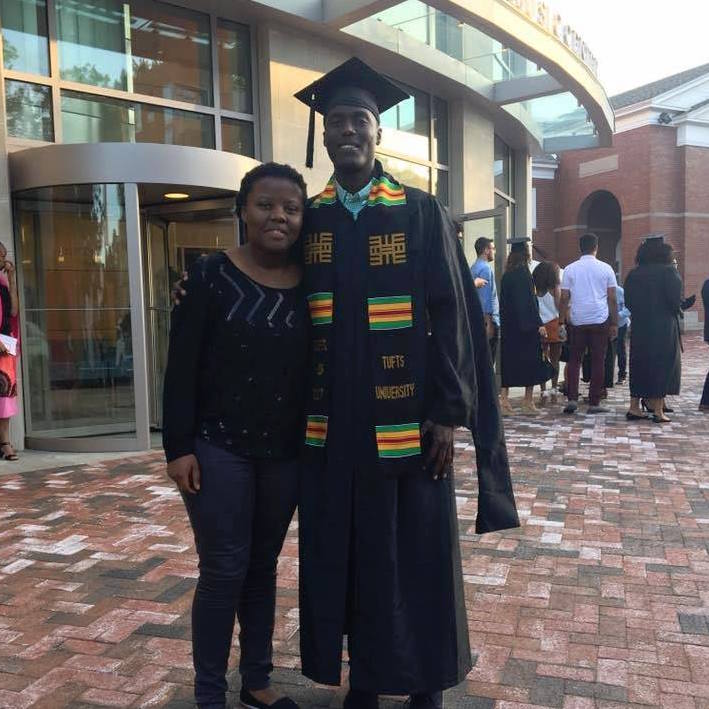
Mark, former B2R Team Member, Masters of International Business, Tufts University

Tracy, Trinity College
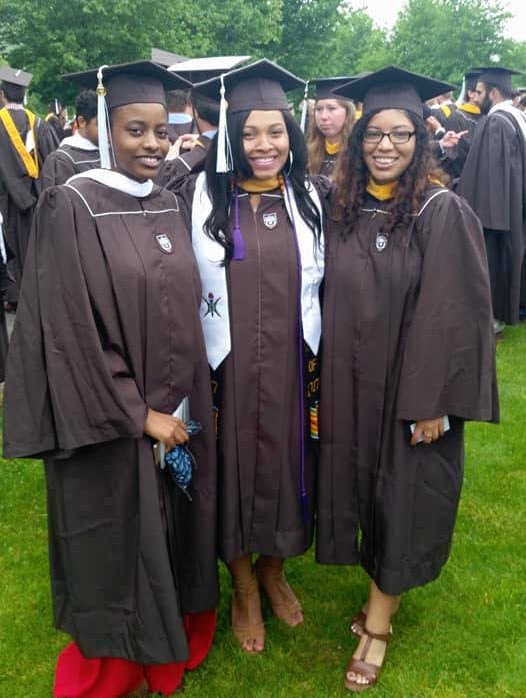
Ritah, Lehigh University
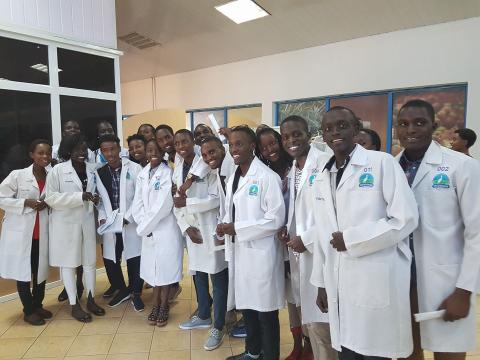
Earlier this year, we welcomed 38 young leaders, 24 men and 14 women, to our training center and dormitory to begin their gap-year program in Kigali. Over the next year, these students will improve their standardized test scores and English usage, apply to dozens of universities, meet employers (like Inyange Industries, pictured at left), participate in many service projects, hone their leadership skills, and grow together as a family.
Of the 38 new Scholars, 29 are from Rwanda, two are from Burundi, two are from the Democratic Republic of Congo, and five are from South Sudan.
Below, several members of the new class share their first impressions and expectations of the program!
“Before coming in the program I was nervous and worried about the people whom I was going to live with. I didn’t have an idea what it would look like. I am deeply impressed by the family aspect. Everyone in orientation team was welcoming me, hugging me and screaming my name out and that made me feel at home.”
—Tharcille, Rwanda
“When I came to Bridge2Rwanda, I only expected standardized-test courses and applications to colleges. But when I arrived, I learned that it was different. Yes, we do those things, but I found out that the program is much more that that. Community service, leadership classes and many opportunities, among others, are also part of the program.”
—Audley, Rwanda
“Here in Rwanda, and especially in the program, I don’t feel like an international. Everyone is nice. Teachers do not focus on our differences based on countries. They treat us equally and that makes us work together by focusing on what we share—which is what we are doing. I only remember my country during leadership classes. When we learn about outstanding leaders around the world I am always reminded that I have something to take back to my country.”
—Martime, Burundi
“Since we started the program, a lot of activities and events have been going on. Apart from regular classes, we participate in community service and we also do employer visits, which are quite exciting because I didn’t have that chance before joining Bridge2Rwanda.”
—Dudi, South Sudan
“I am excited about finishing this year and seeing myself as a helpful person. I want to be on the orientation team so that I can help my young brothers and sisters adjust to the program. In a few words, I just want to grow and be able to help others.”
—Didier, DR Congo
The relationships between our host families and Scholars are transformational. Host families support our Scholars during their college years, and our Scholars enrich the lives of their host families. Watch the video below to hear our host families and Student Support Coordinators share the host family experience.
We’re searching for host families in the following cities. Email Anna Phillips (aphillips@bridge2rwanda.org) for an application and more information.
B2R Founder Dale Dawson delivered a message of encouragement and advice to Hendrix College graduates during their commencement on May 13. Hendrix, a long-time friend of Rwanda and B2R, awarded Dale an honorary Doctorate of Humane Letters. Congratulations, Dale!
Dale encouraged graduates to build on their strengths, “let the fruit of their work grow on other people’s trees,” and advised them that “their light doesn’t have to be big to be bright.” Watch the video below to hear what he shared with the class of new graduates.

After several years of working in admissions at Vanderbilt University and as a college counselor at a private high school, Joy Beth Bodie felt an unmistakable calling to support African students in their journeys to college. In 2013, Joy Beth (an Alabama native!) made the move to Rwanda’s capital city to join our team as College Counselor and Student Advisor. Here she shares what is most rewarding about her job, what her life is like in Kigali, and what makes the Scholars exceptional.

What is your role?
I help students tell their stories through personal essays and apply to schools that I feel are the right fit. I also welcome university admissions counselors when they visit Rwanda and help them plan their visit. When I’m on the ground in Kigali, I live with the students in their house. This past fall, I taught a yoga class every Sunday night as well as a co-led a Bible study for the girls alongside Liz. I love being able to help when students are sick or stressed about standardized test scores. Living with them is an opportunity for me to get to know them in a different way.
When I’m in the U.S., I often travel to universities. Managing relationships with universities is a big part of college counseling. It’s important for the admissions officers at the schools where our students apply to trust me when I say that “this scholar is the best fit for your school for this reason.”

You’ve mentioned before that you felt called to move to Africa. How did you feel when you arrived?
When Anna presented the opportunity to do this full time, I said yes the next day and quit my job the following day. I had such a peace about the decision. When I arrived and Anna took me to the office, the students were so nice and welcoming but started drilling me with questions. I remember one student asked me, “What is your life mission statement?” Their questions certainly challenged me, especially in the midst of jet lag, but immediately I knew that I was going to enjoy working with such special students.
Getting to know my students’ stories, personalities, and dreams and then being able to represent them to universities keeps me going, as it is a true honor and privilege.

How did you like living in Kigali?
Kigali is an easy city to live in, especially due to how safe and clean it is. In the beginning, I bought a pink scooter, which I still drive around town. There’s good food as well as a decent gym that I visit frequently. Instead of going shopping, I get clothes made—that’s my little side hobby. I lead baking classes with the students and host girls’ nights and holiday parties. I’ve made some good friends from the program, too. Overall, I’ve never been happier in a job.

How do you match Scholars to schools?
I’m able to match the students through a mix of visiting the schools, talking to admissions counselors, getting to know the students in groups or one-on-one, and being ultra-sensitive to my discerning spirit. Sometimes it happens within a few weeks of knowing a student, and sometimes it happens a few days before the admissions deadline.

Why are schools attracted to B2R Scholars?
They are attracted to our overall mission and the fact that the students are committed to returning home after graduating. If schools are going to invest in the students, it’s reassuring that they will be returning and investing in their country—it’s not brain drain. There’s a greater benefit.
The first students at a particular school pave the way. When they start to get involved on campus, it’s hard not to notice and want more students like that. We have 20 to 25 schools who visit us in Rwanda per year, and our gap-year students share about Bridge2Rwanda and ask questions that are extremely thoughtful.
Also, our students go to college prepared because they’ve been through a gap year. They have experience writing research papers, they’ve learned about leadership, and also have a spirit of humility, which makes them attractive.

What is your relationship with the schools?
Most admissions offices have a person in charge of Africa. The longer I know an admissions officer, the more connected we are. They trust that I’m going to speak openly about a student’s application. If a student is deferred or denied, the admissions counselor can provide some insight. It’s about an honest relationship.

What value do Scholars offer schools?
Our students are innovative. Benon at Samford College is one of the co-founders of their African Student Organization. Emmanuel at Rochester University is starting an international student organization. They’re not afraid to bring new organizations to campus nor step into leadership roles. Some of our students serve as tour guides, orientation leaders, resident assistants, and peer mentors while others play club sports and are members of traditional dance troupes.
They also dispel myths about their countries. We challenge them to educate their classmates, or else they’re going to be frustrated by people who don’t know much about Africa. For example, Pierrette at Lafayette College recently took a class on genocide around the world. The professor asked her to be in it because she wanted her to speak up in class about Rwanda’s history.
At TCU, during Rwanda’s memorial week, the students put up Rwandan flags in the main quad area. They have a commemoration service and invite everyone at TCU. When their classmates see excitement surrounding Rwanda or Africa, they ask our students to share with them.

The Bridge2Rwanda mission is to Build a bridge between the United States and Rwanda and transform lives at both ends. How has that applied to your life?
My life is forever changed. Rwanda will always be a part of it. One of my favorite phrases is “Ndi umunyarwanda kazi umutima” (I am Rwandan in my heart). Living among the students has taught me about community and supporting one another through the ups and the downs. Rwandans truly care for one another, and that has made an impact on me personally.
I see Rwanda as being a bright light within the continent of Africa, and I know that our students are going to play a big role in its continual development. They’re going to do big things in the years to come, and I can’t wait to watch it. I’ll be cheering them on! When Martin from South Sudan and Bienfait from Congo run for president, I’m ready to support them [laughs].
Thank you, Joy Beth!
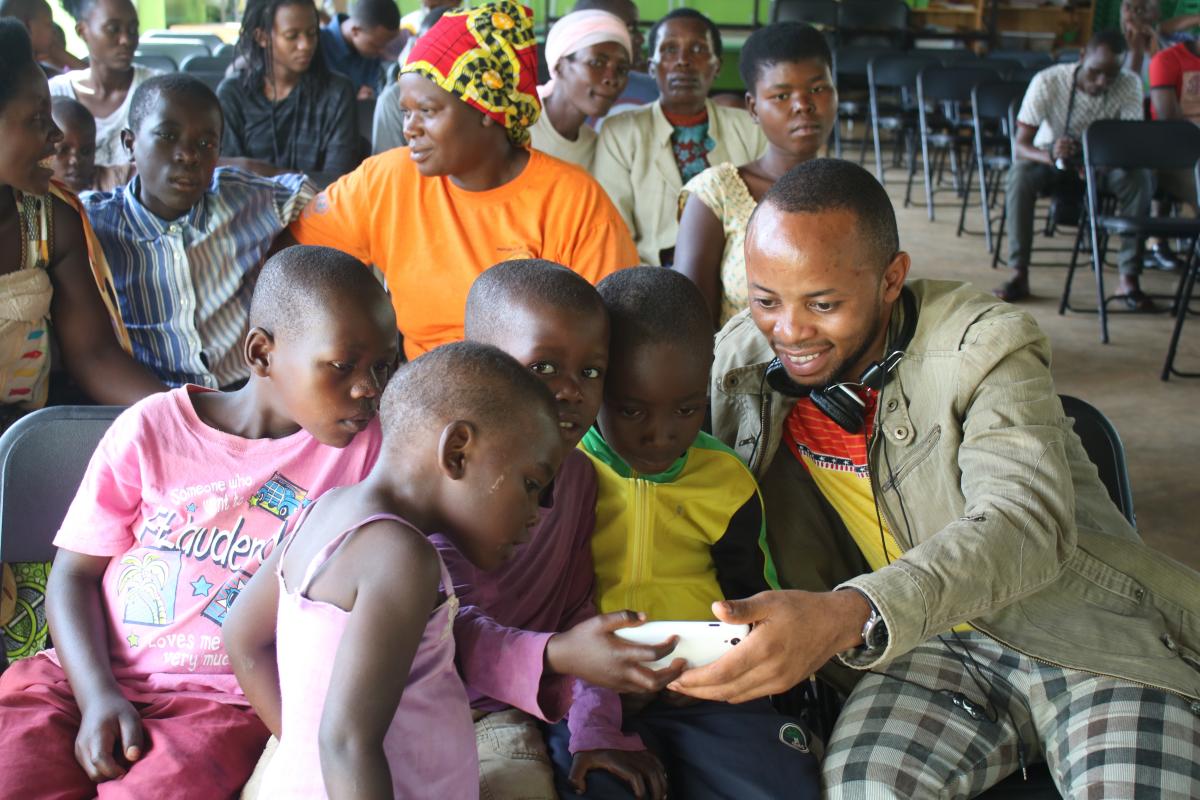
This December, B2R gap-year Scholars raised money to provide medical insurance for 40 people unable to afford the yearly payment.
The idea for the project came to Thierry Uwase, current gap-year Scholar and leader of the project, in October after reading several articles by author, anthropologist and physician, Paul Farmer. In the articles, Farmer encourages young people to tackle the greatest challenges of our time by taking seemingly simple ideas and turning them into great acts of service.
Around this time, Thierry was further challenged by a classmate’s devotion, which urged fellow B2R students to recognize the opportunity they have to impact the people in their community right now.
“From that point, I started to think, ‘What would I do? How can that be possible for me?’” Thierry said.
In Rwanda, an annual payment of 3,000 franc ($3.64) provides an individual with health insurance for an entire year. Unfortunately, for those unable to afford the insurance—many being families with small children and pregnant women—there are not many options available when they become sick or in need of medical care.
“I remembered that there are people who cannot afford to have 3,000 extra to pay for themselves and their family. It is a very huge amount of money for those people who are normal cultivators,” Thierry said. “I immediately grabbed some of my friends and said, ‘You know, guys, we can do something. Here is my idea!’ They were extremely happy to hear about it and said, ‘Yes, we can do this!’”
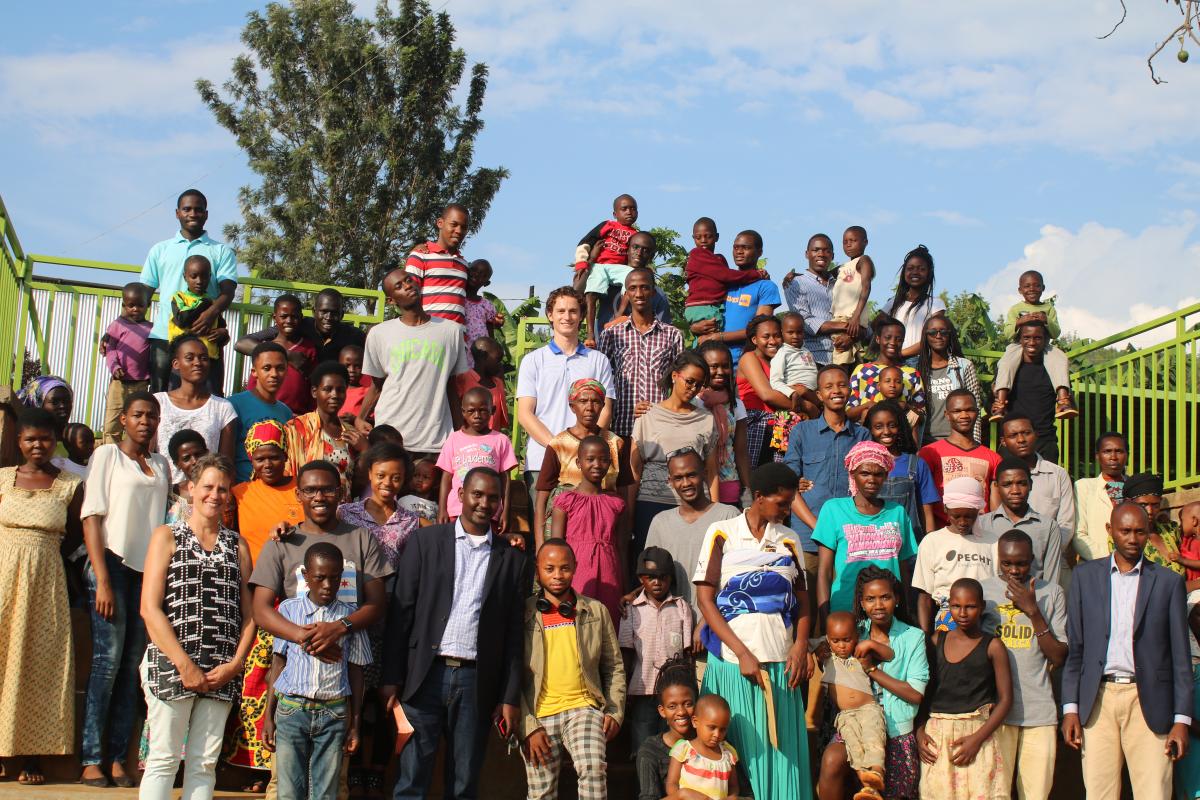
With 40 Scholars currently in the gap-year program, the students worked with the goal of raising money for 40 people to receive insurance.
“Raising the money was the toughest process,” Thierry said. “In my mind I did not want to force people to pay, but people were just willing to pay. I gave [the Scholars] two months [to raise money]…some people could give me 5,000 and others could give 1,000. Our main goal was just for 40 people to be covered by 40 Scholars.”
Knowing that the majority of those in need lived outside Kigali’s city limits, Thierry travelled outside the city to speak with local leaders who knew the area and people well. They helped gather specific individuals and families together to begin the process of organizing paperwork and documents.
“Here in Rwanda the [insurance] process is very cumbersome and complicated. I had to make sure that everyone was among the beneficiaries and that everyone had a photo and an insurance card,” Thierry said.
In order to get the insurance processed before the holidays, Thierry and several other Scholars volunteered to help the local sector leaders process the paper work and documents, which could have taken up to two weeks to complete.
“It was very hard, but with the cooperation of my classmates it was completed,” Thierry said. “I had the idea, but I was not the one to commit it. My classmates are the ones that contributed a lot through their time and prayers.”
The money raised will provide 40 people with insurance for seven months, with the next insurance cycle beginning in July.
Thierry has a bigger dream, however. With roughly 100 B2R students returning to Rwanda in the summer, Thierry hopes to organize a bigger event that will provide more people with insurance for a longer period of time.
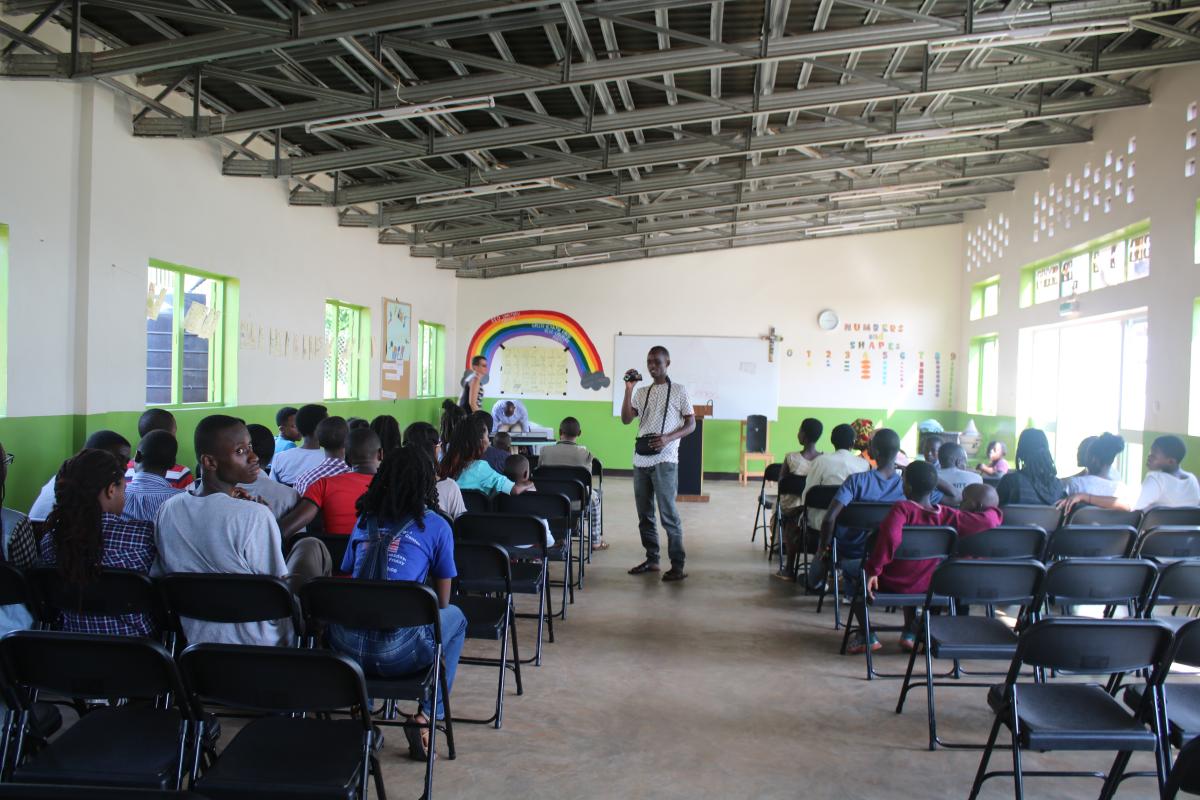
“I feel that it is my duty to put a smile on someone’s face,” Thierry said. “Those people did not come to us and ask us to pay for their insurance, but I think, still now, they think about that. We told them that we don’t need them to thank us; we just ask that they serve someone else and pay it forward. The whole idea of servant leadership is recognizing that you are who you are because many people have poured their lives into yours. So you have to give back.”
B2R continues to challenge students to see the needs of those around them and actively work to find a solution with whatever means they have.
“The program helps you to understand—like an epiphany—your role in the community. And that does not require you to have a big sum of money in your account or even a huge plot of land,” Thierry said. “It’s just a matter of recognizing other people and knowing your role as a servant.”
Host families welcomed Scholars into their homes while their universities were closed during the holidays. Scholars’ relationships with their host families are integral to their success.
In addition to deepening these relationships, many Scholars are exposed to new experiences on school breaks, from the ballet to horseback riding and more! Here, several host families share the highlights from their winter breaks with the Scholars
Interested in more information about becoming a host family? Contact Anna Phillips at aphillips@bridge2rwanda.org.
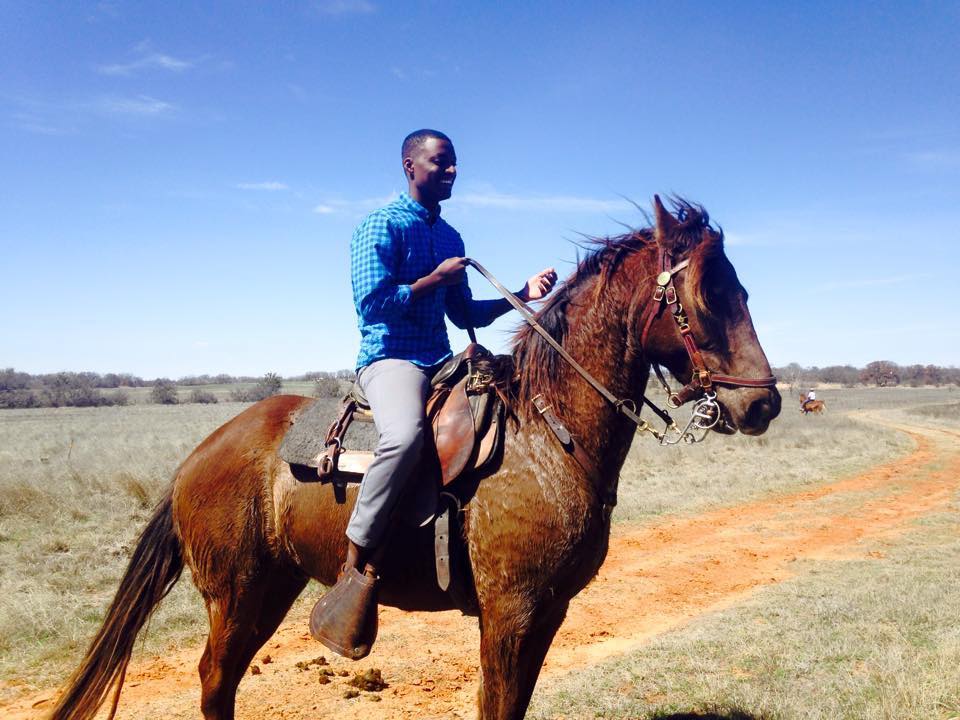
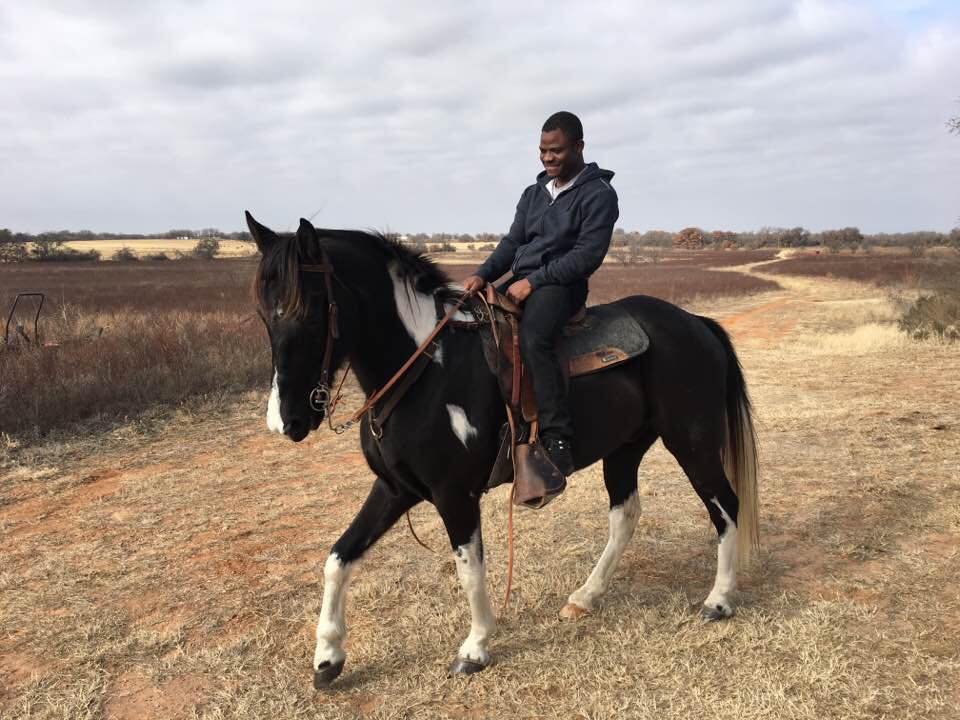
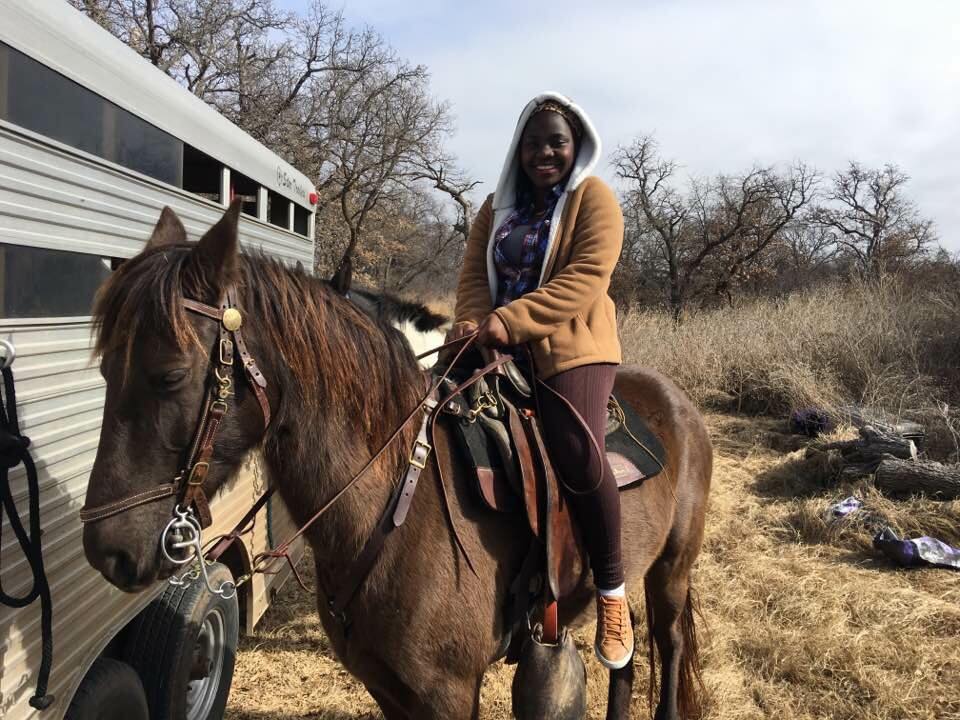
“Sometimes education is more than books, projects and research papers. The only Rwandan that couldn’t stay on a horse had to drive to Oklahoma in a Chevy.”
—Chip Martin, Abilene, Texas (from left to right: Mike, Abilene Christian University; Serges, Harvard; Olive, Abilene Christian University)
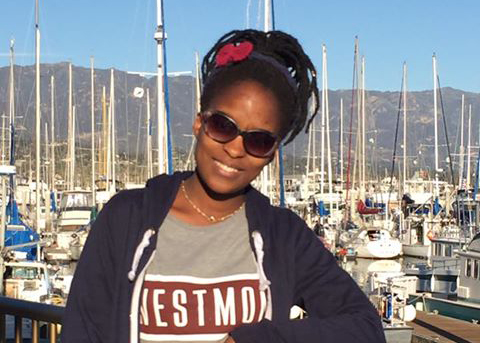
“Love having this confident young woman in our lives. Enjoying her first day of Winter Break at Santa Barbara Harbor!” —Jacque Book, Santa Barbara, California (Odile, Westmont College)
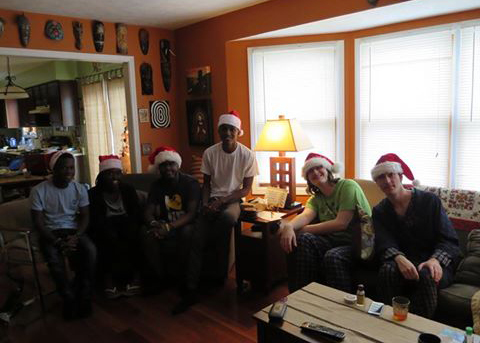
“Just about to open stockings….what a blast we had! Claude, Manzi, Emmanuel, Cleo and our sons Ben and Jacob” —Cynthia Clarke-Almudevar
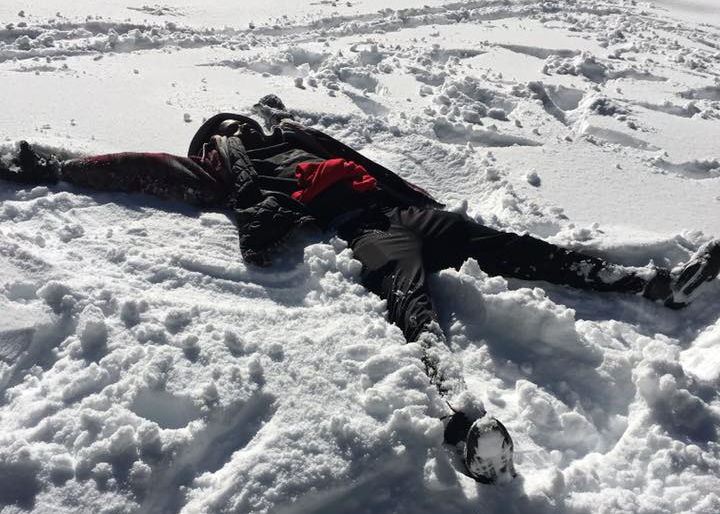
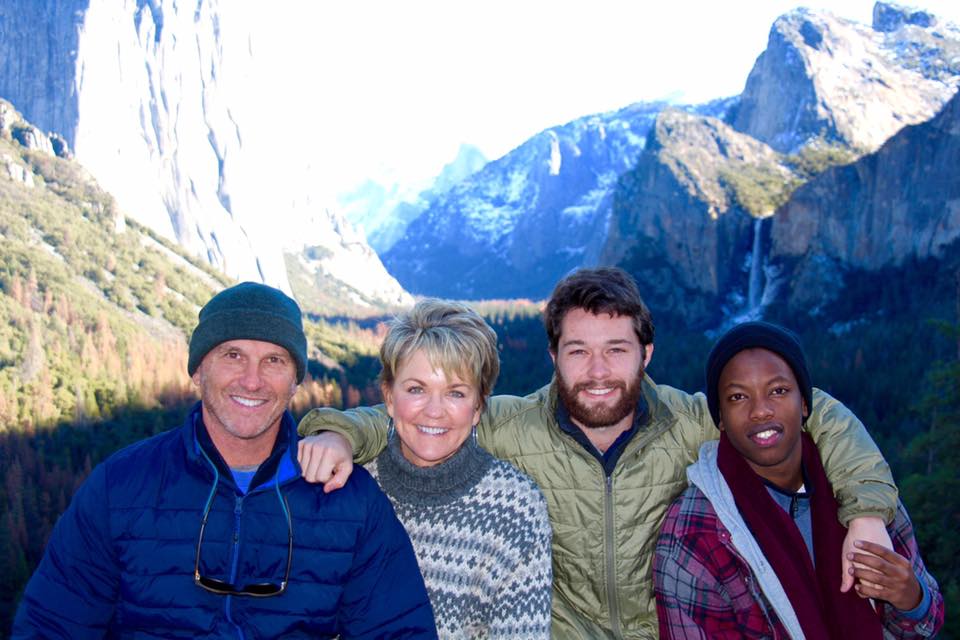
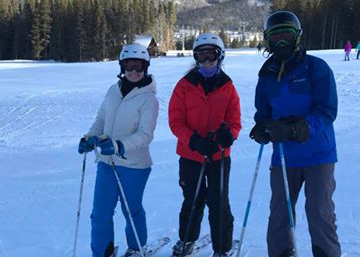
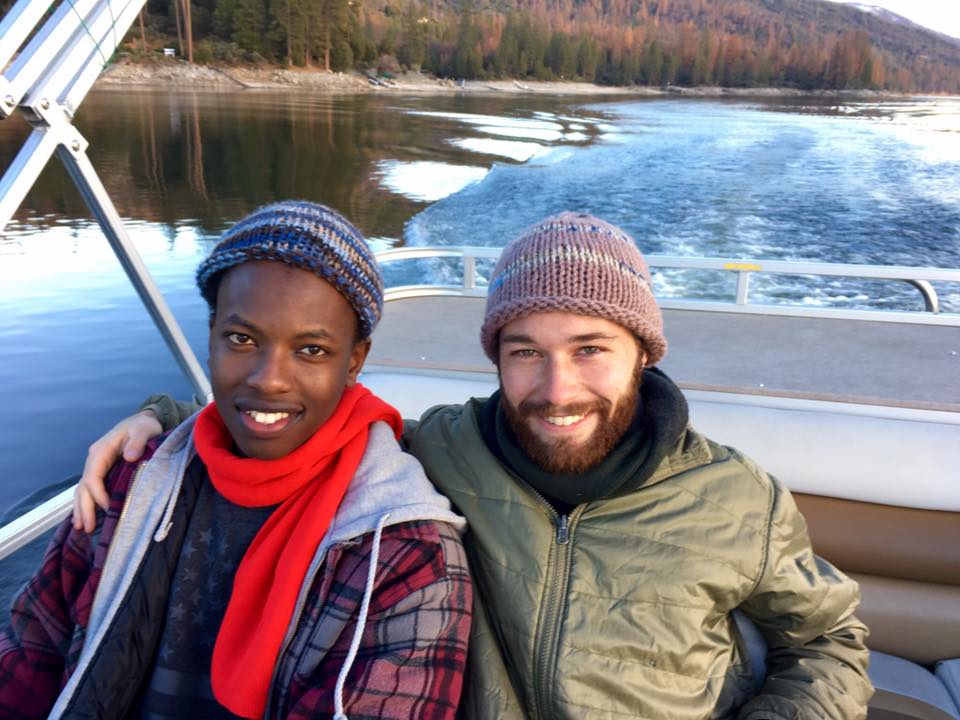
“The pure joy we receive by having Festo in our lives is beyond measure!!! Thank you B2R for what you do and for bringing these fine humans to us!”
—Michelle Cook, Santa Barbara, California (Festo, Westmont College)
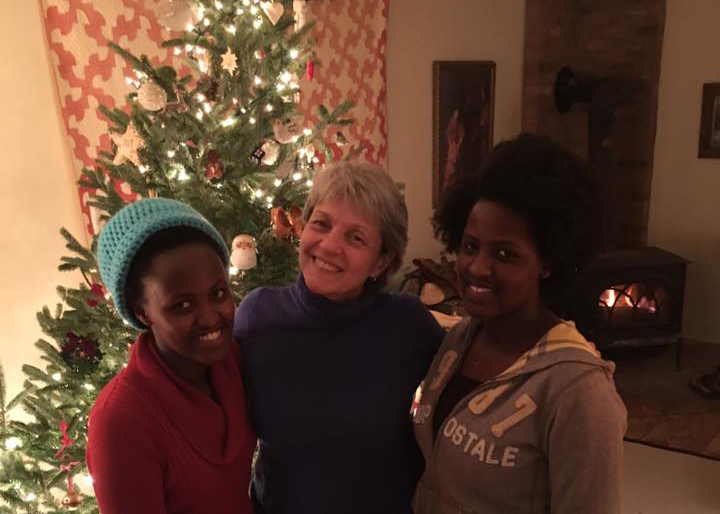 “-2 degrees and snow is a good time to trim the Christmas Tree with Norette and her sister Doriane” —Kevin Cox, Burlington, Vermont (Norette, Dartmouth College)
“-2 degrees and snow is a good time to trim the Christmas Tree with Norette and her sister Doriane” —Kevin Cox, Burlington, Vermont (Norette, Dartmouth College)
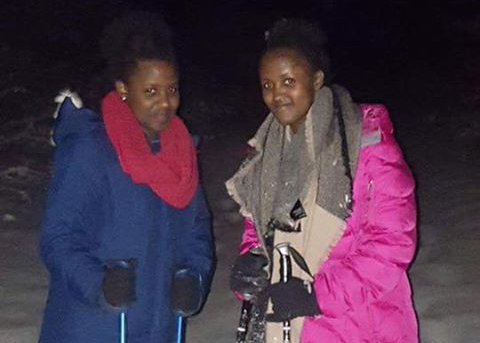
“Midnight snow shoeing in the woods after a snow fall today. Norette and her sister Doriane” —Kevin Cox
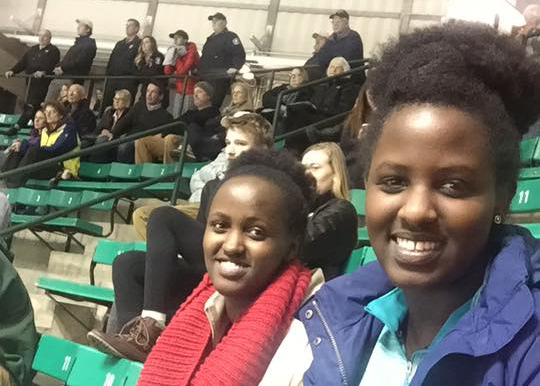
“Dartmouth Men’s Hockey tonight.” —Kevin Cox
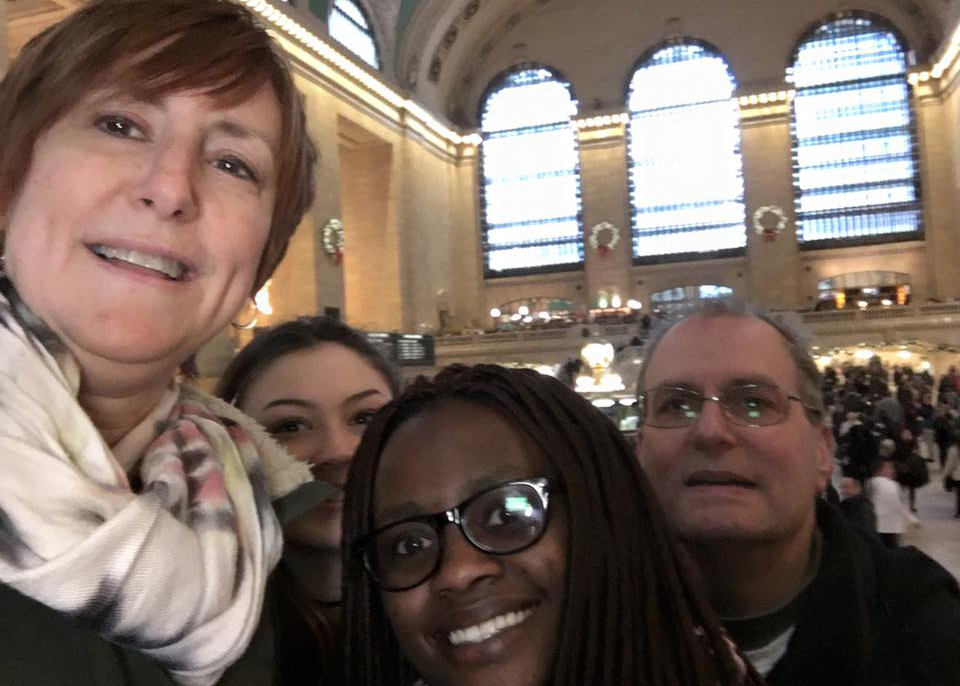
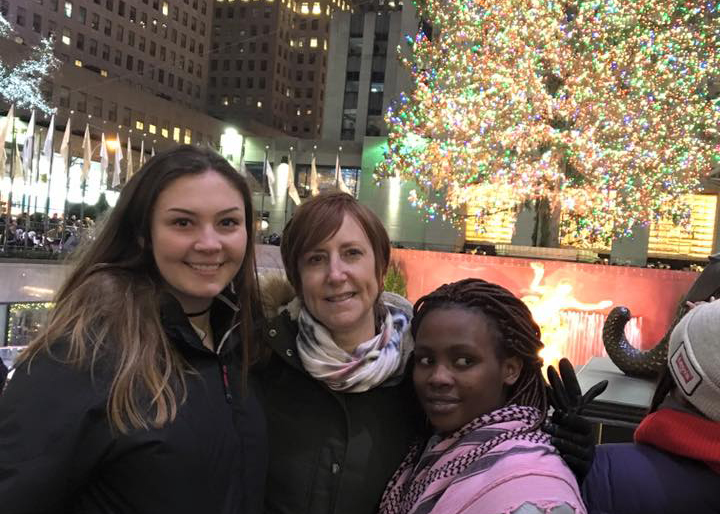
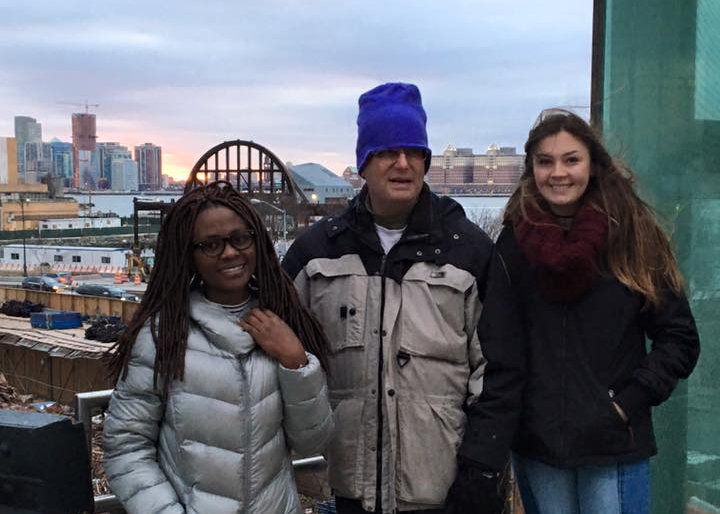
“Day trip to NYC with Charlotte to take in some of the Christmas sights!” —Patty Driever, Poughkeepsie, New York (Charlotte, Marist College)
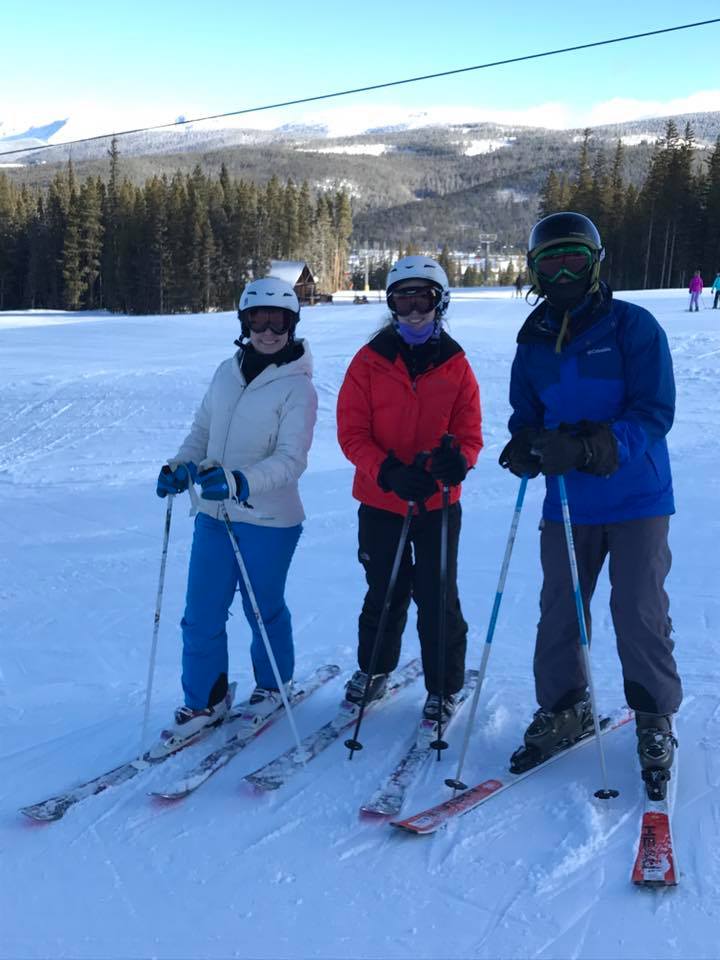
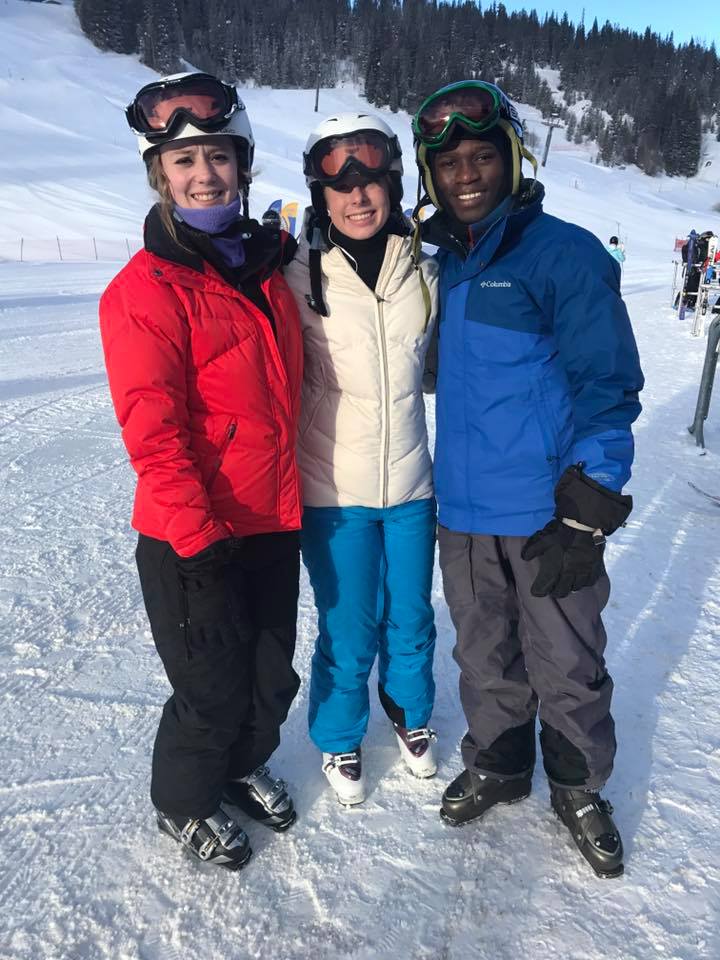
“Skiing today (Winter Park, CO) with my daughters and Francis. Yesterday was Francis’ first day skiing – he did great and had so much fun!” —Tiffany Gengel (Francis, University of Nebraska-Lincoln)
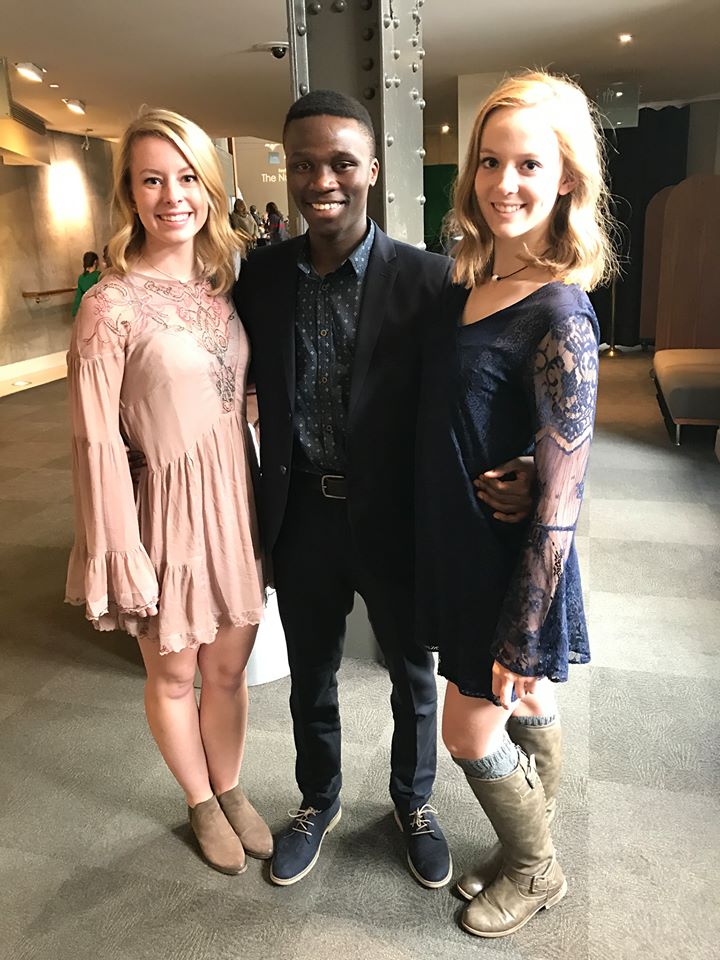
“Francis joined us for the first time this year at the Colorado Ballet – The Nutcracker, our family tradition.” —Tiffany Gengel
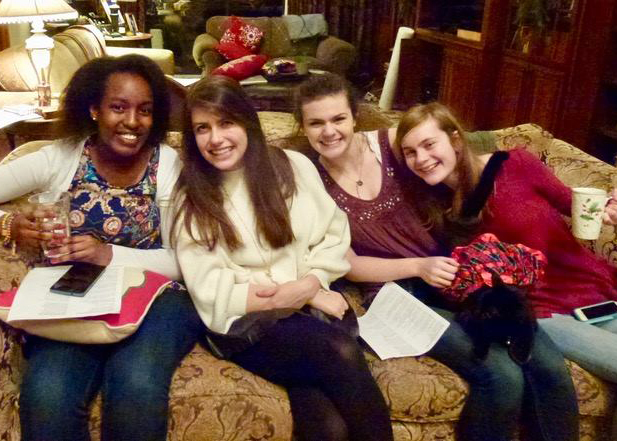
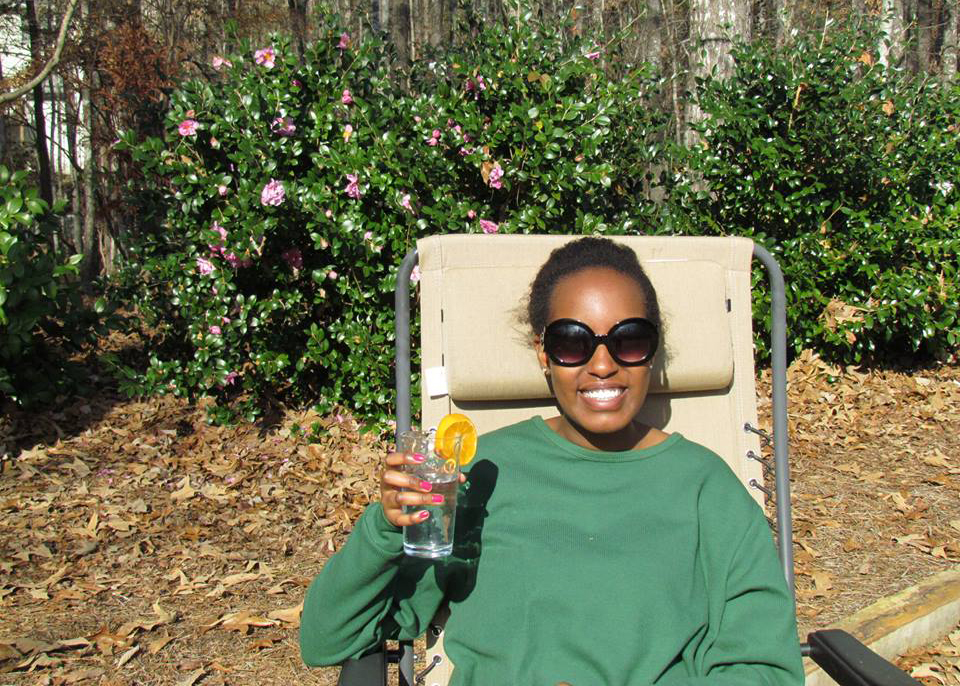
“We’re having a great Christmas break with Nicole. Here she is caroling on Christmas Eve with my daughter and my nieces. Deb told us to warm her up (she’s been freezing in Ithaca) and we’ve done our best. Despite our current 30 degree temps, in the second photo on Christmas Day, we had sunny skies and record highs in the upper 70s!” —Patricia Moody, Auburn, Alabama (Nicole, Cornell University)
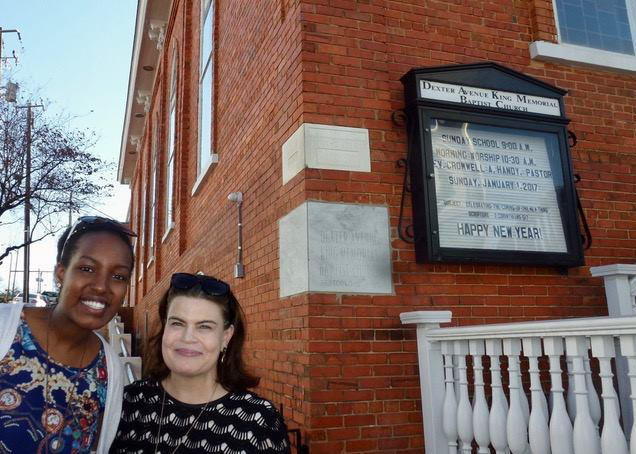
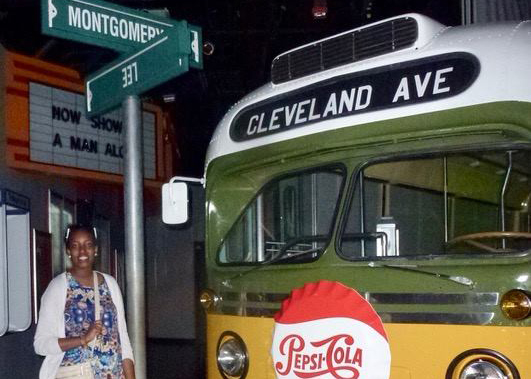
“Nicole and I traveled an hour South to Montgomery for a sunny day field trip to two historic sites. Both were wonderful. The amazing guide at the Dexter Avenue church was so impressed that she had a visitor from Burundi! Miss Wanda gave Nicole a special welcome calling her to the front of the church, introducing her to tour groups there, bragging on her scholarship and emphasizing the importance of an education. She also gave us a private tour of Dr. King’s office, prayed over us and got Nicole to stand at Dr. King’s podium and ask ‘How long is too long?'”
—Patricia Moody
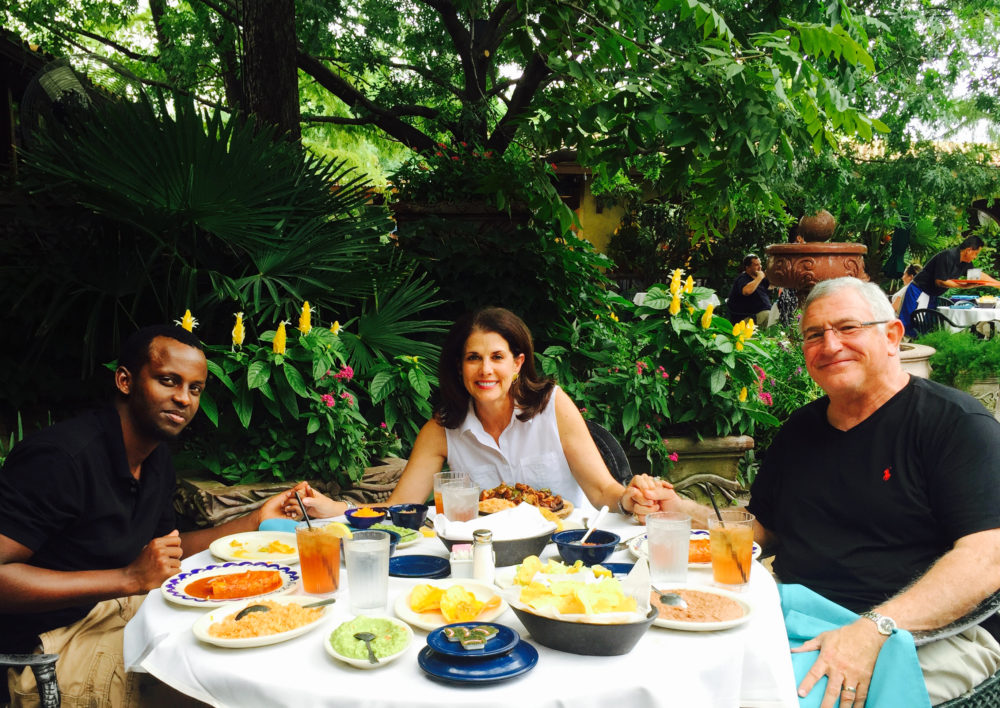
Born-and-raised Texans Dub and Valerie Stocker live in Fort Worth and host Scholars who attend Abilene Christian University, Dub’s alma mater, and Texas Christian University. Dub also serves on the board of Bridge2Rwanda, they’ve both made several trips to Rwanda, and they have been instrumental in connecting B2R with donors and university partners.
Dub and Valerie have five children, three grandchildren and several Rwandan students who have become an important part of their family. Here, they talk about introducing the Scholars to new activities, how being a host family has impacted them, and how the Scholars change while studying abroad…

How did you learn about Bridge2Rwanda?
Dub: One morning in 2010, I went to hear Bishop John Rucyahana, an Anglican bishop from Rwanda who faced many hardships and risked his life during the 1994 genocide. The story quickly transformed to a story of reconciliation, forgiveness and restored hope. I was literally so moved that, just like an altar call, I walked down the aisle and said “I will come to your country.”
Valerie: I had wanted to go Africa, and we were planning to go to Kenya with a student group. When Dub walked in, he said “We are going to Rwanda” and I said “OK!”
Dub: At the end of that year, I met Bridge2Rwanda. Next thing I knew, my friend [and B2R Board Member] Tom Wilson sent me a Halftime book and introduced me to Dale Dawson, the founder of B2R, and we went to Rwanda. We fell in love with the people of Rwanda, and I recognized the potential of this small country. We became fast friends with B2R Country Director Tom Allen and next thing I knew, Dale and I were talking about the Scholars program and how he needed to raise money to buy computers. I walked to my desk and wrote him a check so he wouldn’t have to wait to get the program off the ground. The partnership we have with Dale is one of the most cherished in my life.

Tell us about the Scholars you host. Where do they go to college? What is your relationship like with them?
Dub: For the first class, we were the grandparents of them all. We were the official host family for two ACU Scholars, Mike and Nancy, but the third ACU Scholar, Emma, was here all the time. We also host Bright and Jonathan, juniors at ACU. And then we host a freshman at TCU, Manyiel, who’s at our house right now. We not only sponsor, but we’re kind of considered the grandfather and grandmother of the host families. That’s the part that we love: the family environment.
Valerie: They make me want to be a better person. When I’m hanging out them, they’re all very special. It’s moving to learn about the students and their hardships and hearing in-depth about what their lives were like growing up. They’re humble and hardworking, funny and smart, and they love the Lord. It makes me want to be with them. It’s such a blessing!

When do you spend time with them? What kind of activities do you do together?
Valerie: We’ve taken them to ride horses. Teaching them to swim was so funny. We’d take them to the IMAX. If they’d never seen movie, they really loved that.
Dub: We’ve taken them to cattle drives and football games. We’ve taken them to dinner a lot. We’ve taken some to a ranch in south Texas.
Valerie: And we go to church! We try to teach them manners—holding the door open, putting your napkin in your lap, how to floss. I tell them “You don’t have to floss them all, just the ones you want to keep!” [laughs], just basic etiquette. They really listen and learn.
Dub: We treat them like our kids. We took them to the George Bush Library and ate lunch in Dallas and had a great time doing that. We’ve been to their graduations. We give them a lot of career advice. I call them son or daughter, and they’re just like our children.
Valerie: We joke with them a lot. And they keep their rooms so clean! I tell my daughters “Have you noticed their rooms?” They wash dishes without asking. I really appreciate it because there are lots of dishes when all the students are around!

Have your kids developed a relationship with the Scholars?
Valerie: Our kids love them. Our daughter Leah has been their driver from Abilene to Fort Worth for years! They have a great time. They’re close. Sometimes they even fight like brother and sister! They’re like siblings, it’s funny.
Dub: Valerie is an incredible nurturer. She loves the kids and she spoils them. I tell her “They’re no different than our kids,” and she says “No, they had it harder.”

How do the Scholars change while they’re studying abroad?
Valerie: When they’re freshman, they’re unsure of themselves and less confident. Even physically, they change so much. They definitely mature spiritually. We help them, but I think they just grow on their own. They learn the language better and learn what’s going on culturally. By the time they’re seniors, they are so impressive. We’re just so proud of them! Also, they reach out and find their own internships. They’re so diligent about working.
Dub: They become more sophisticated, in a good way. They are going to be great leaders and great pieces of the Lord’s body and his expanding kingdom. They will be great agents of improving the lives of the poor in Rwanda.

The Bridge2Rwanda vision is to Build a bridge between the United States and Rwanda and transform lives at both ends. How has that applied to your life?
Dub: These students have become part our our family. We will hopefully someday travel to Rwanda to celebrate with them when they get married and have kids. This has definitely been an affirmation of God’s providence.
We had eight students here last week, and we were having a discussion about how God knew what we were going to be doing way before we did, and I said “What are the odds that you guys would be sitting in Fort Worth, Texas, with us, tonight, together, discussing these important issues?” It’s beyond any statistical probability. It’s absolutely divine. I just feel affirmed that I’m using the gifts God gave me in a good way, and that He has blessed us with the loving relationships of these students.
Valerie: It’s definitely been realized in my life. We want them to be the light of Africa. We need to remember that these kids are going to change Rwanda, which in turn, will change Africa.
Thank you, Dub and Valerie!
Interested in being a host family? Email Anna Phillips at aphillips@bridge2rwanda.org for more information.